3 Popular Open-source Ecommerce Platforms: Which Is Your Best Choice?







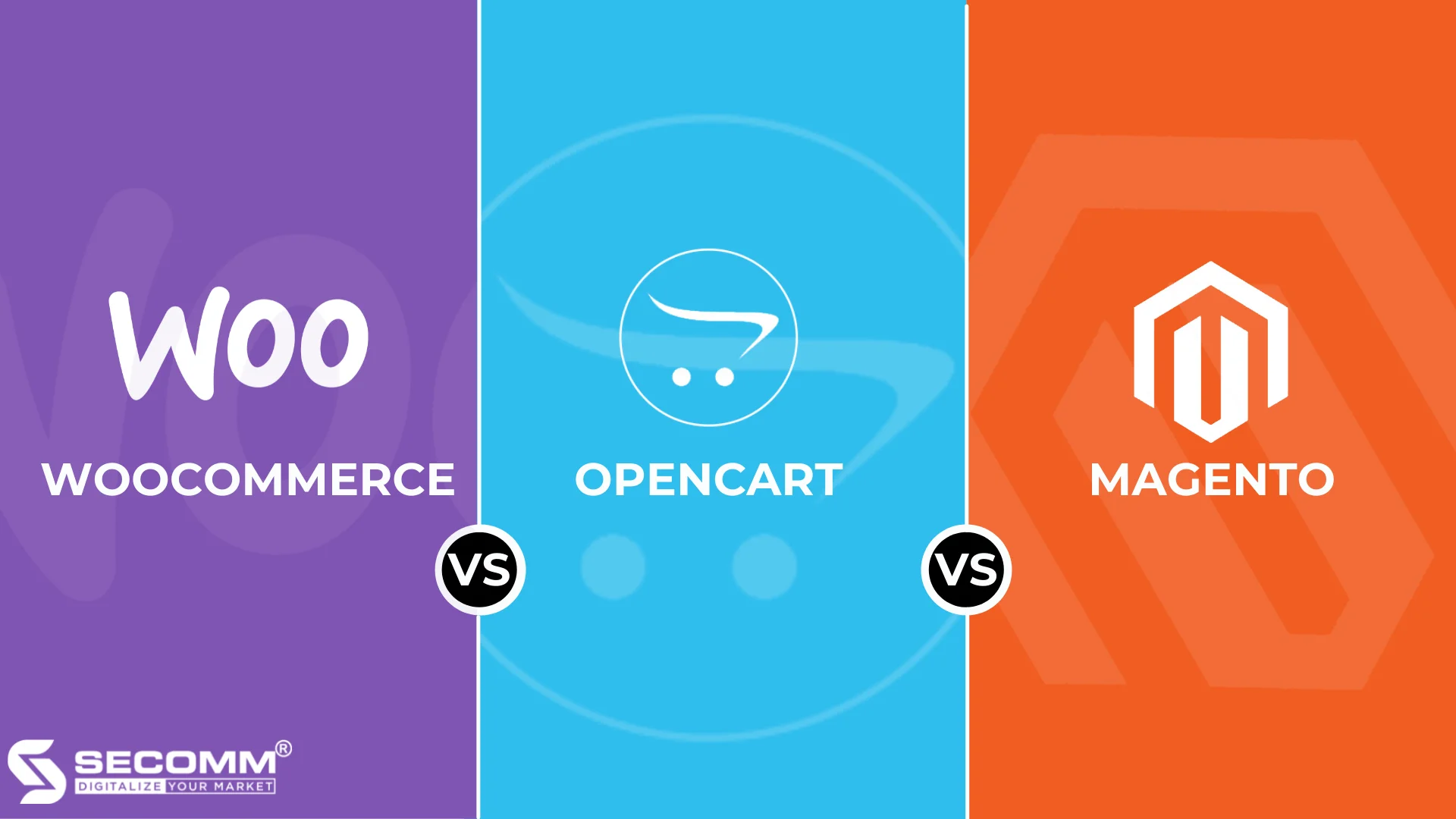
It’s important when it comes to choosing the right platform to build an effective eCommerce system. Businesses have many options to choose from either the open-source eCommerce platforms or any eCommerce platform as a service (SaaS, Paas), depending on the eCommerce business model and business plans.
To have a comprehensive eCommerce system, the open-source eCommerce platform is the business’s best friend, because of the great flexibility, scalability, customization according to the products, and catalogue characteristics.
In addition, the open-source platform also allows businesses to own the entire system source code and data. With all of these outstanding features, open-source platforms are slowly becoming the eCommerce development choices that many businesses are aiming for.
However, businesses need to carefully consider choosing the right platform. There are a lot of open-source eCommerce platforms on the market (OpenCart, WooCommerce, Magento,…), and each platform has its pros and cons.
1. WooCommerce
WooCommerce is a WordPress plug-in introduced in 2011, completely free, and allows businesses to turn their WordPress sites into online stores, with built-in and additional features.
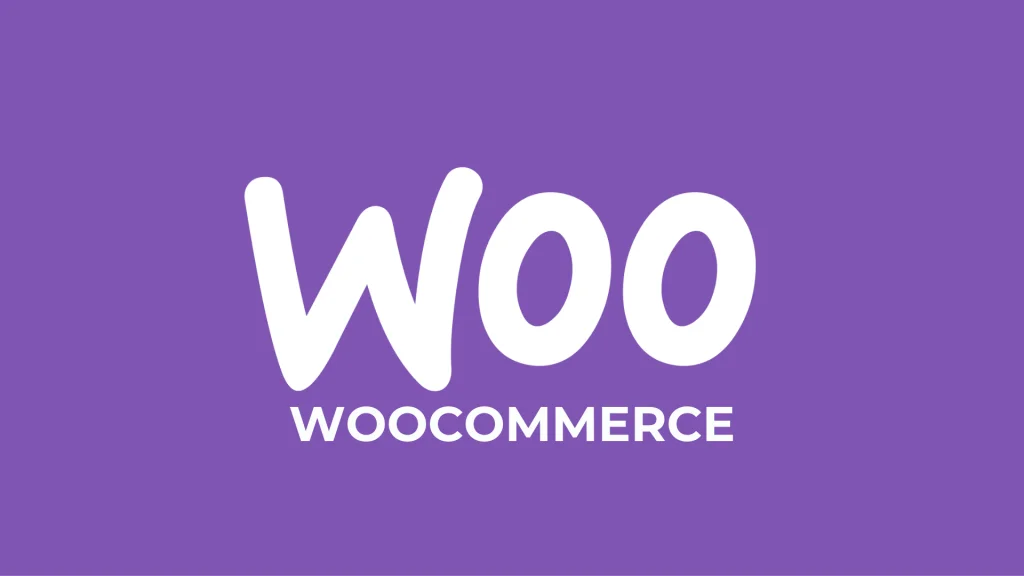
Pros
Ease of use
Many businesses that have been using WordPress for their online business, must be familiar with WooCommerce. Businesses can turn their website into an eCommerce system when implementing the WooCommerce Plugin into their WordPress website easily.
They can set up, integrate, and adjust functions on themes, and add-ons,… that have been built with high functionality from developers in a strong community around the world, making it easier to modify, and more flexible on the platform
In addition, WooCommerce is carefully built, convenient, also has huge and rich theme storage, and it is easy for businesses to design and build an e-commerce system right from the start, without knowing too much about technology.
Rich in features and add-ons
WooCommerce allows and supports features such as product management, orders, inventory, search engine optimization (SEO), discounts, sales, statistics reports, easy integration of payment units, shipping, handling units, and shopping experience optimization on all devices, making it easy for businesses to build a comprehensive system for simple and effective e-commerce business development.
Regarding security, WooCommerce ensures that businesses have the best security through a regularly updated system, and also ensures all of the business transactions are secure and safe through the features from the third-party services.
Cons
Low performance
One of the biggest disadvantages for businesses using the WooCommerce platform is the low performance, the system is easily overloaded with plug-ins and themes, and the number of products does not surpass 2000 SKUs, and often affects the system if the number of products exceeds the limit. Therefore, when businesses want to expand their business, it is necessary to consider switching to another platform.
Limited customization
WooCommerce is a plugin for WordPress, the platform lets businesses customize their eCommerce system, but building a complete, and comprehensive eCommerce system with unique features is very limited. The modification can cause instability for the system as well as the possibility that those built-in features are not compatible with the platform.
To customize a suitable system based on the available features system, businesses will face many challenges, it takes a lot of time and resources.
WooCommerce is perfect for businesses that are using WordPress and are looking to develop an e-commerce system. However, WooCommerce is not perfect for developing a comprehensive e-commerce system and expanding the business model. Some brands are using WooCommerce around the world such as Pluralsight LLC, and Gordon College, and famous brands in Vietnam such as Vietnam Airlines, Pharmacity, etc.
2. OpenCart
OpenCart is an open-source CMS (Content Management System) using PHP language, similar to WordPress but specially designed for e-commerce.
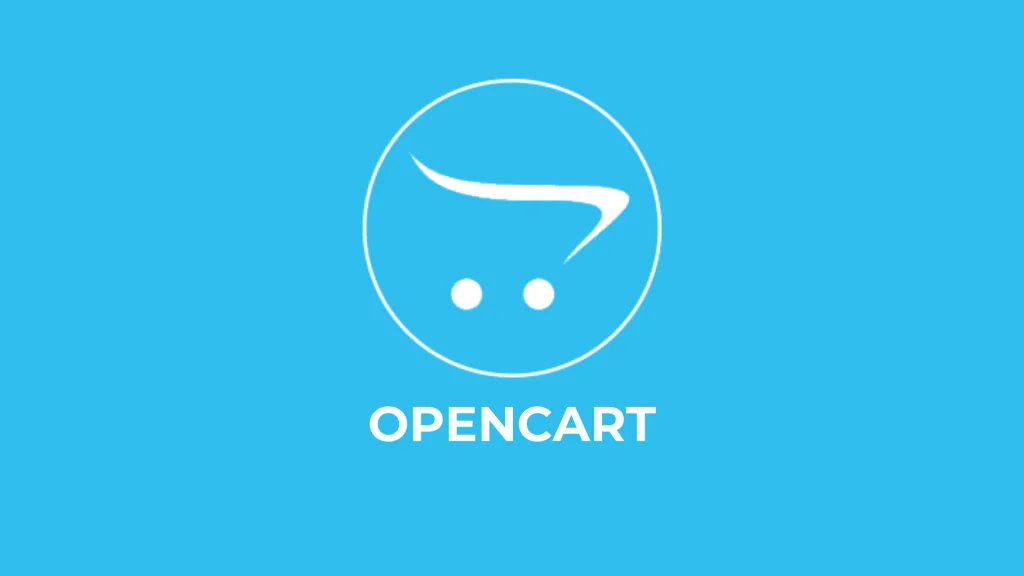
Pros
Friendly interface and easy-to-use
OpenCart provides an intuitive, easy-to-use, friendly interface, which is specialized for
the eCommerce industry. In addition, OpenCart also provides a completely free variety of interfaces and features, making it easy for businesses to develop e-commerce systems with basic website development knowledge and skills. Because OpenCart is built based on the MVC Model (Model- View- Controller), developing and writing a module for an e-commerce system on this platform is also quite easy.
Full of basic e-commerce features and a variety of add-ons.
OpenCart supports businesses with every basic e-commerce feature. Since OpenCart is a CMS specially designed for e-commerce, the open-source commerce platform such as OpenCart fully supports basic e-commerce functions such as sales, sales management, data management, statistics, customer data lists, and invoices.
Businesses can easily create and manage many different stores on the same system without having too much technical knowledge. This also means that businesses can access and manage all data of multiple stores at the same time with just one single central OpenCart system.
Not only supporting businesses build and manage an eCommerce system, but OpenCart also supports marketing such as search engine optimization (SEO), keyword advertising (Adwords), marketing programs, and affiliate marketing programs to be able to reach customers more easily, increase sales on the eCommerce system.
On top of the basic e-commerce functions, OpenCart also has additional applications to support businesses such as daily business operations and product categories. The backup and restore function helps businesses always have a backup system in hand and ready to restore all of the data on the system in case of an emergency
Besides that the platform also has many features such as a shopping cart, support customers to buy many products at once; gift features issuing gift cards, and loyalty programs. In addition, businesses can integrate other utilities such as payment gateway VNPay, and PayCEC, to help businesses have a better, faster, and seamless shopping experience.
Customization
With all of the basic features of an open-source program, businesses can easily modify, edit and customize on the OpenCart platform. In addition, the OpenCart e-commerce platform has a great ecosystem with many functions suitable for e-commerce business, firms can fully explore, as well as develop modules that are suitable for a satisfactory e-commerce system.
Cons
Although the OpenCart platform has many advantages that are the best fit for e-commerce businesses, there are also some limitations that businesses should be aware of when using the platform.
Low performance, and unstable
Although the platform is highly rated and well designed for the eCommerce industry, the system is still not stable enough because the modules and functions are not fully optimized, many errors occur while operating, as well as the installation steps are still very perplexing.
Therefore, businesses still encounter many problems when building and operating, which might affect the business’s processing speed as well as the revenue.
Feature development costs can become expensive
OpenCart owns extensive storage with quite a lot of basic features to serve e-commerce businesses quickly and conveniently, but the platform still cannot meet the advanced and specialized features according to specific product characteristics, product categories, and business needs of each field.
Therefore, businesses will need to invest time and resources to develop advanced features. For example, the SEO feature is supported on the platform, but there are many difficulties when censoring content via Google, not as effective as on the WordPress platform.
The OpenCart platform is relatively new compared to other platforms on the market, has many limitations and needs to be optimized. Similar to the WooCommerce platform, this is a good platform to start an ecommerce business, but not perfect for developing a comprehensive ecommerce system that goes along with growing and scaling your business. Some of the international brands that are using OpenCart such as Sunglass Hut, Virgin Enterprise, Audio-Technica Ltd, and the brands in Vietnam that are using OpenCart are Mobifone, RitaVo, etc.
3. Magento
Magento is an open-source platform specially built for e-commerce. It is recognized as one of the leading e-commerce platforms today, offering various outstanding advantages such as high flexibility, a diverse ecosystem, and optimal security. Currently, Magento has two versions: Magento Open Source (free) and Magento Commerce (paid).
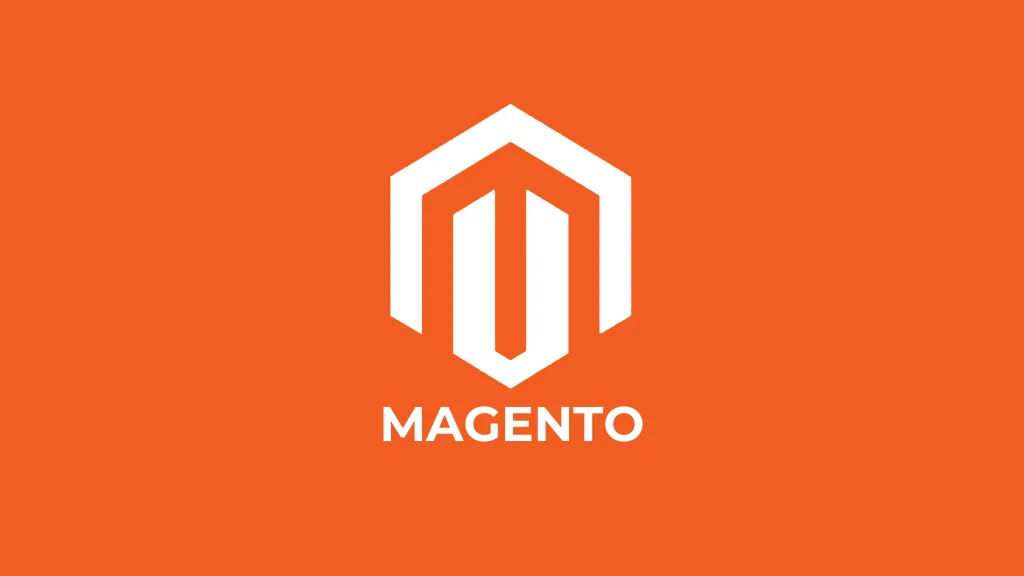
Pros
Diverse features for e-commerce from basic to advanced
Magento possesses many features available from basic to advanced to develop a complete e-commerce system including Category Management, Content Management, Customer Management, Marketing Management, Order Management, Store Management, System Management, Shopping Cart and Checkout, Reporting & Analytics. These features have been built with flexibility, and high availability to deliver outstanding results when integrated into the system, meeting all of your business e-commerce operations and sustainable growth needs
Scalability
One of the biggest fears of all ecommerce businesses is having a slow, poorly functioning system, or being overwhelmed when there are too many SKUs. With Magento, businesses do not need to worry about these issues even with millions of SKUs or thousands of transactions per hour. Magento can meet all the operational requirements, and business sustainable e-commerce development needs, with the ability to handle up to 500,000 products, and thousands of transactions in an hour.
High flexibility and customizability
Owning all of the advantages of an open source ecommerce platform, Magento has outstanding flexibility and customization. Businesses can easily change and develop new and specialized features according to the characteristics of products, industries, and businesses to be able to catch up with the rapid change of the market.
On top of that, businesses easily integrate third-party systems such as payment, shipping, POS, ERP, CRM, PIM, and BI to help develop all resources, and seamless processes without affecting the level of production, and the performance of e-commerce systems.
A global community for technical support and consulting
The customer support from Magento is for the customers, who are using the enterprise version, Magento Commerce. For customers, who are using the free edition, of Magento Open Source, there will not be any customer support from the platform.
However, Magento has a strong global technical support and consulting community. Therefore, most of the problems in eCommerce that businesses are facing can be solved from the Magento ecosystem or extensions from a third party. Having a strong global technical support community is also a testament to the level of reliability, quick resolution, and constant updates that Magento open source platform brings to customers.
Cons
High development costs
Magento open source e-commerce platform is highly appreciated with outstanding functions to develop a sustainable commerce platform, but businesses need to invest significant resources to deploy and develop the system.
Magento is an open source platform built specifically for e-commerce. This is known as one of the leading eCommerce platforms today on the market with many outstanding advantages such as high flexibility, diverse ecosystem and optimal security. Currently, Magento has 2 versions: Magento Open Source (free), and Magento Commerce (paid).
Magento has several outstanding features to develop a complete e-commerce system, and become a one-stop-shop for businesses that need development:
- Flexible Content Management: easy to adjust, and build many content management features on the e-commerce system.
- Mobile-Friendly Configuration: The interface and design of the Magento e-commerce platform are very suitable for smartphone and tablet devices.
- Advanced Search Engine Optimization: With effective SEO optimization, Magento gives online stores many opportunities to boost sales.
- Regulating Security Rights: Magento supports businesses to customize many levels of security permissions, control internal access rights, ensure system safety and protect users’ rights.
High Scalability
The biggest fear of all e-commerce businesses is having a slow, poor-performing website, or being overloaded with too many SKUs. With Magento, businesses do not need to worry about these issues, whether they have millions of SKUs or thousands of transactions per hour. Magento can meet all business needs for sustainable e-commerce operation and development. Therefore, businesses can scale up their business with Magneto.
High flexibility and customizability
The fact that the Magento platform has a high degree of flexibility is because of an open source platform. Businesses can modify and customize the templates, as well as adjust the features that the business needs to operate. In addition, businesses can completely build features from scratch to have an e-commerce system that is most suitable for businesses.
On top of that, businesses can easily integrate third-party systems such as ERP, CRM, and payment methods without affecting the level of performance of the main e-commerce system. In addition, businesses can easily separate the front-end interface from the back-end commercial activities.
Magento is an ideal place for businesses to host their software, but also a place with a lot of features. If your business currently has an experienced developer, or finances to attain a developer, and is ready to have an impressive e-commerce system, then Magento is a good choice. You have complete freedom to adjust the features until you are satisfied with your e-commerce system.
Big developer’s community around the world
However, the customer care from the Magento e-commerce platform is completely absent, in addition to that, Magento has a global developer support community. Therefore, there will be a lot of support for businesses to solve problems, and related techniques, as well as advice on building the most suitable solutions for businesses anytime, anywhere, and of course with a fee.
Cons
High development cost
A fully functional ecommerce system for a business is estimated to be at least $20,000 annually or more. If your business is just getting into e-commerce and has absolutely no technology experience, choosing Magento is a risky choice. But if businesses have the capacity and resources to run the system with this platform, then business growth will be faster with additional features such as sales automation.
Fully functional enterprise versions are estimated to be at least $20,000 annually or more. If your business is just getting into e-commerce and has absolutely no technology experience, choosing Magento is a risky choice. But if businesses have the capacity and resources to run the system with this platform, then business growth will be faster with additional features such as sales automation.
Complexity of specialized functions
Many businesses currently still face difficulties when transforming to e-commerce because of the specific characteristics of different industries and fields. These specific functions require an appropriate technology solution to ensure that the ecommerce system can operate efficiently and sustainably after the transformation. To build a specific feature with high complexity for an e-commerce system, businesses will need to spend more resources and time than the usual plan that businesses have set out to get a solution that fits the specific requirements of your e-commerce business.
Vietnamese firms that are using Magento
Magento is the best-fit solution for small and medium B2C businesses that have the need as well as the time, manpower and skills to build an e-commerce system. Famous brands in Vietnam are using the Magento ecommerce platform: Sendo, Vietnamworks, SJC, etc.
4. So which ecommerce platform is best suited for your business?
Different e-commerce platforms offer different features and values. No matter what route your business follows when building your e-commerce system, always think carefully about the following factors:
- The platform you choose must ensure your website is constantly updated and managed
- Choose a good web hosting
- Intuitive and seamless payment processors and shopping cart
- Good for customer service and user experience
- Ensure security for your site and customers’ data
BigCommerce
With BigCommerce, businesses can choose the price that suits their business needs. In addition, the BigCommerce eCommerce platform is designed for everyone to use, from beginners to professional developers. However, if the business does not have a lot of capacity, as well as finance, then using BigCommerce to develop an e-commerce system is not suitable.
WooCommerce
With the WooCommerce ecommerce platform, businesses have full control over the ecommerce system. In addition, businesses can freely compare, and adjust any functions in the ecommerce system. However, expanding your business on the WooCommerce platform would be an inappropriate choice, as the platform can be overloaded with functions on the ecommerce system. However, businesses can start an ecommerce system with WooCommerce with less investment than competitors like BigCommerce.
Magento
Magento is a comprehensive ecommerce platform capable of supporting businesses to expand and grow their business in all aspects. However, all the disadvantages of Magento can be narrowed down to a single problem: the technical challenges, which require businesses to have an in-depth programming team. Meanwhile, businesses can solve this by having a team with experience building e-commerce systems.
Businesses can contact SECOMM to receive detailed advice for the journey to develop a comprehensive and sustainable e-commerce system for businesses and consult Magento solutions specifically for SMEs in Vietnam!






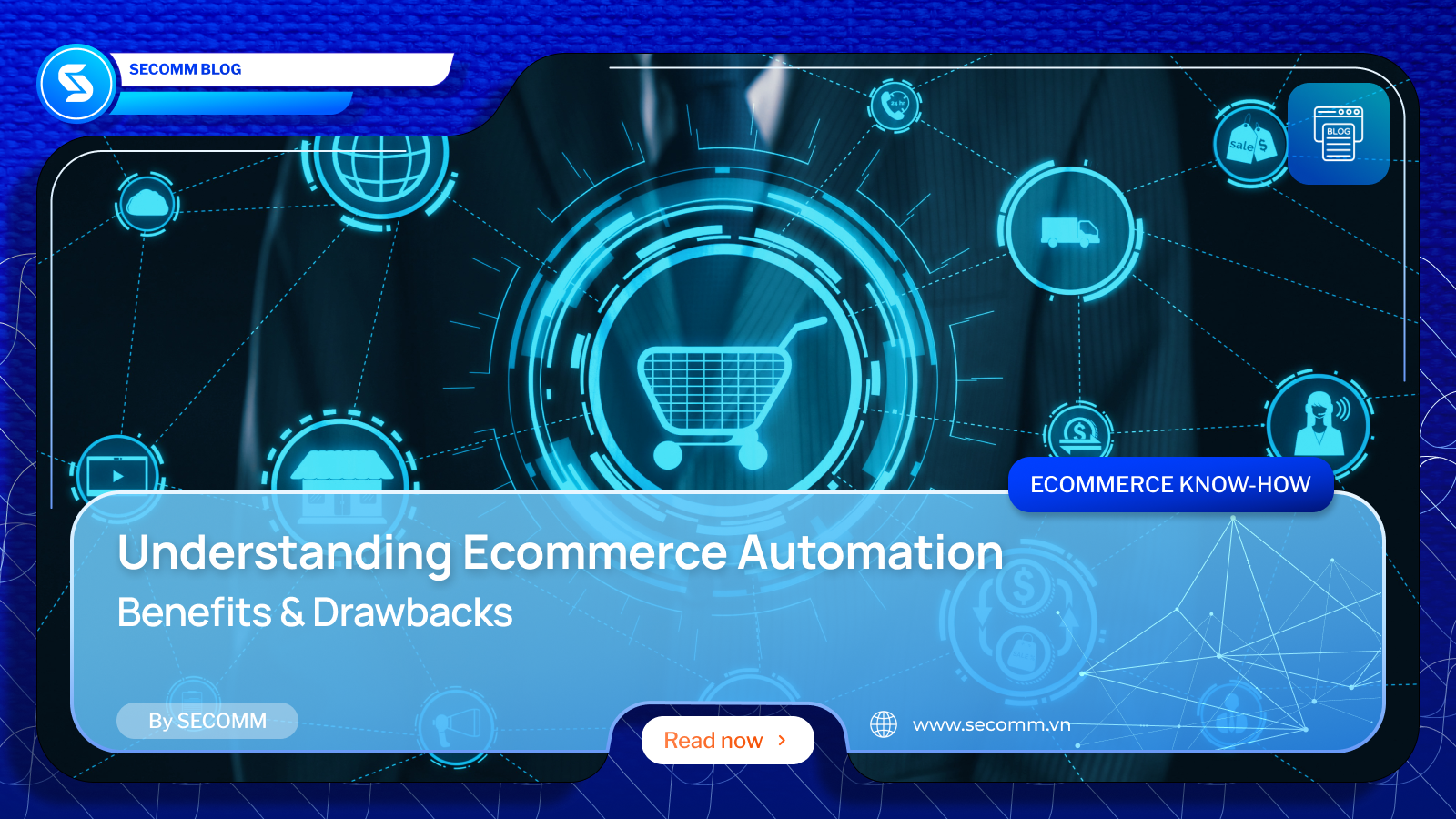
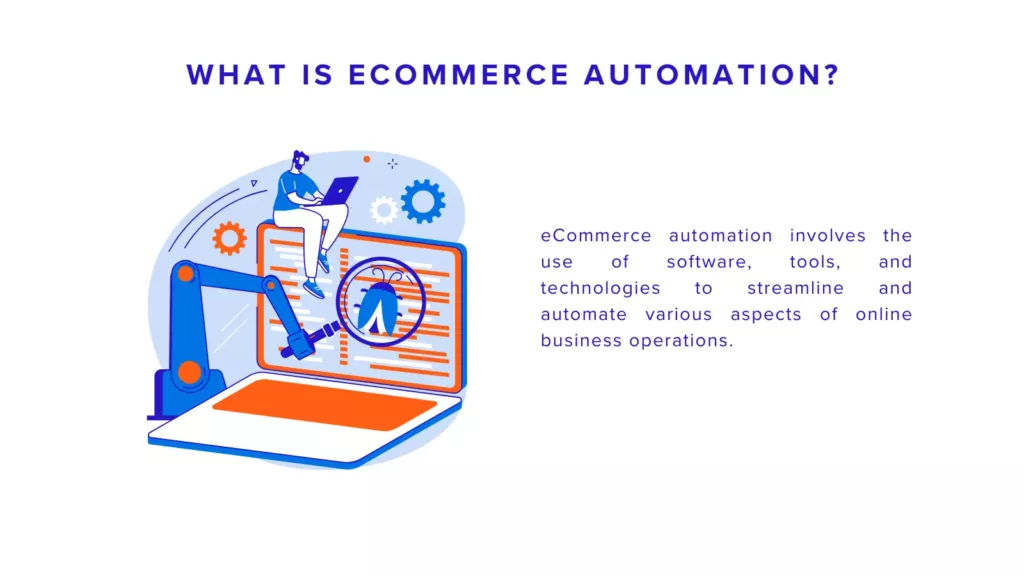
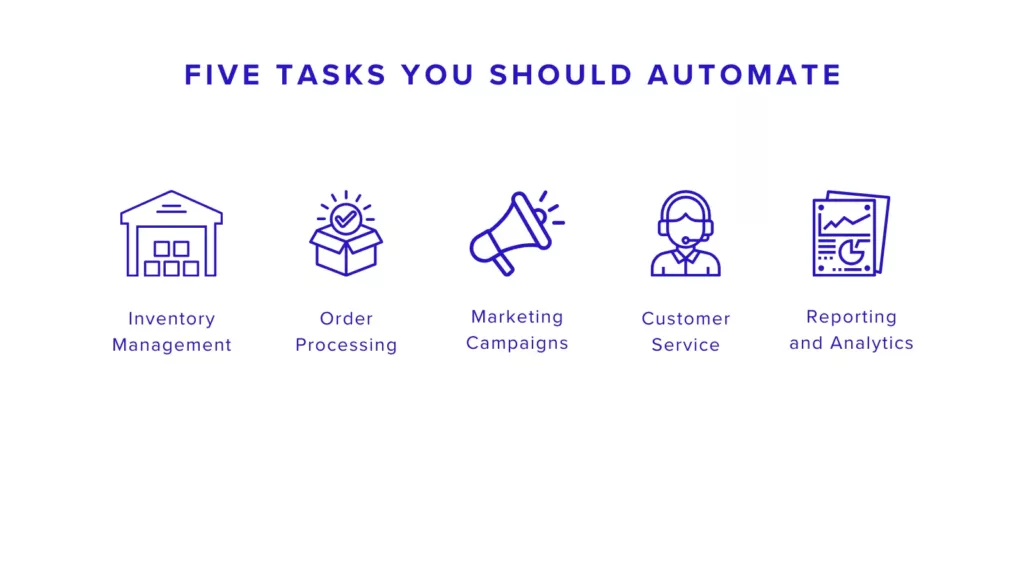
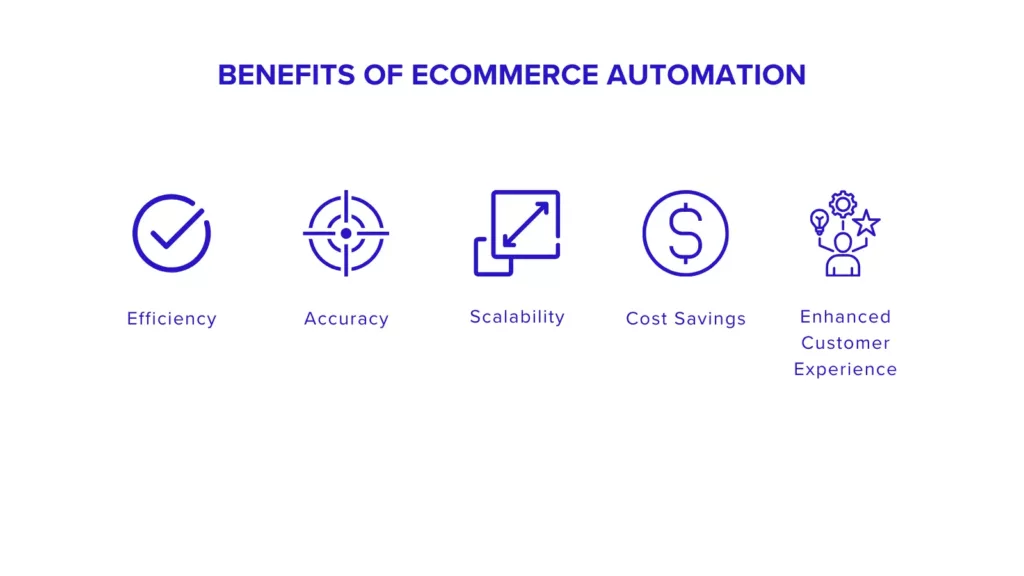
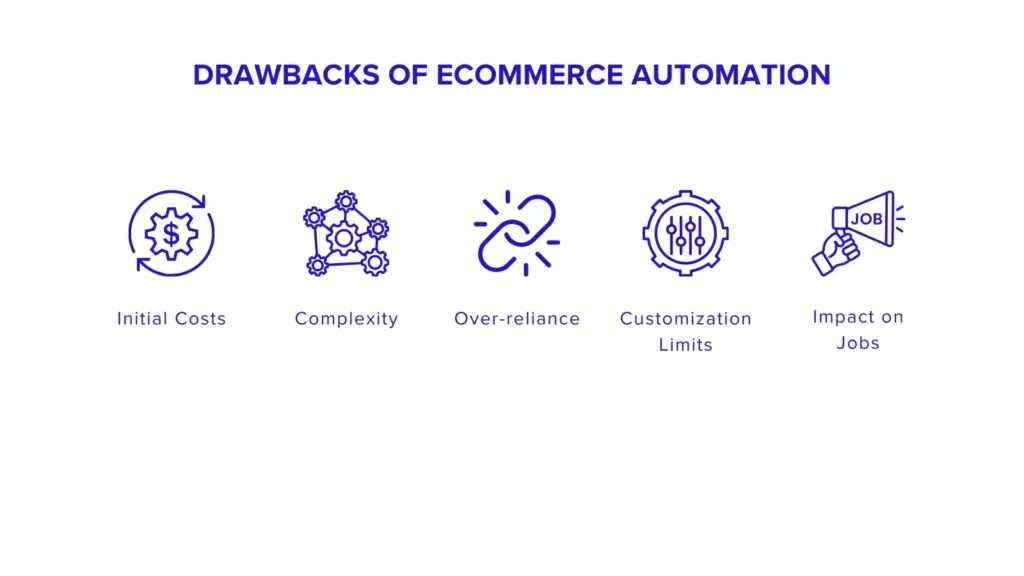

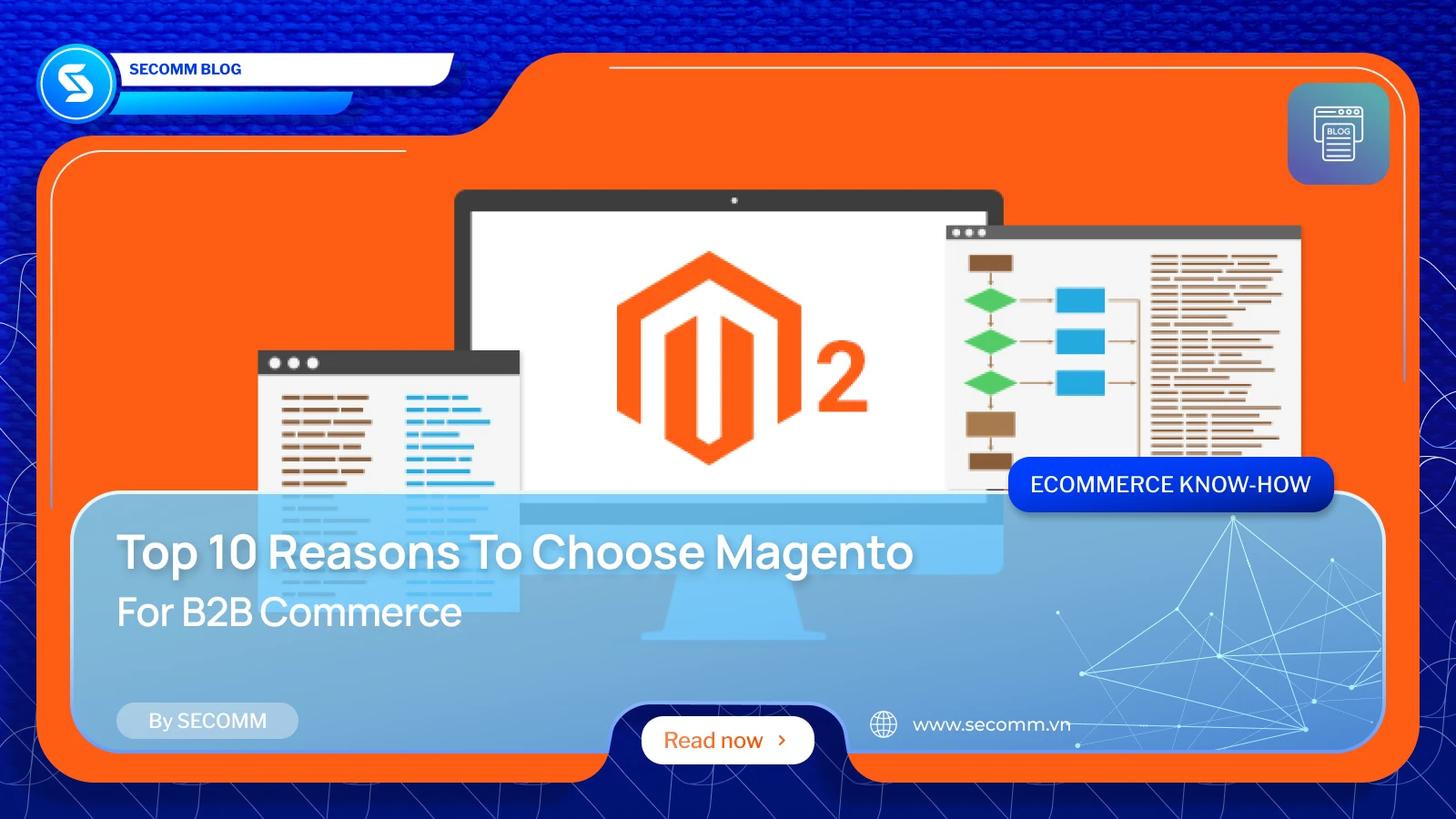
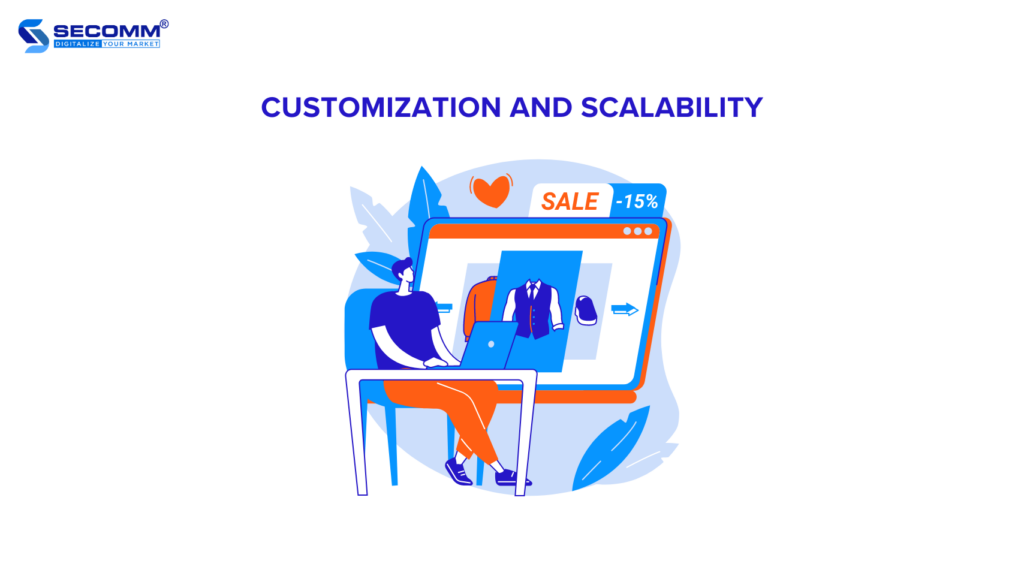
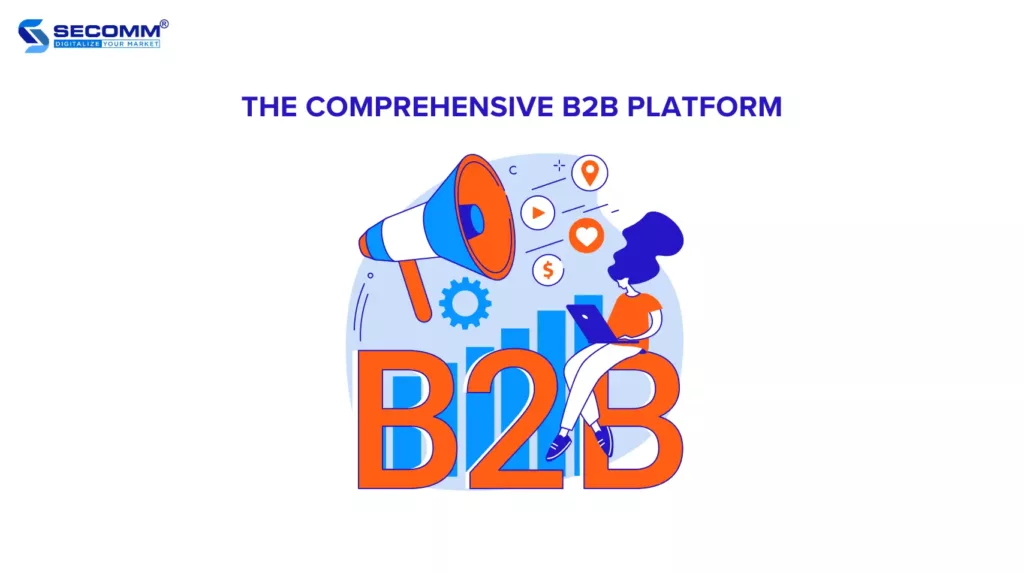
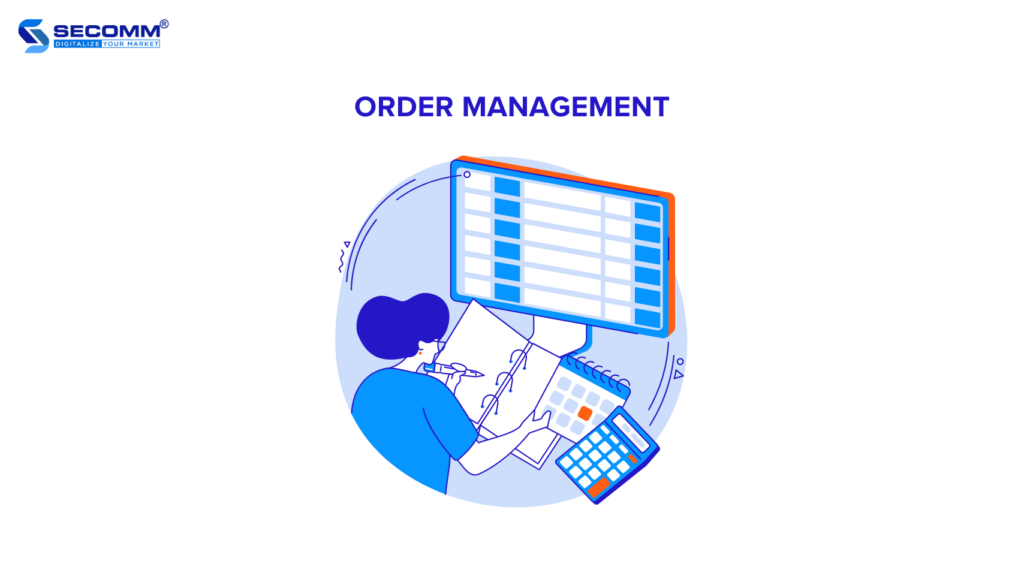
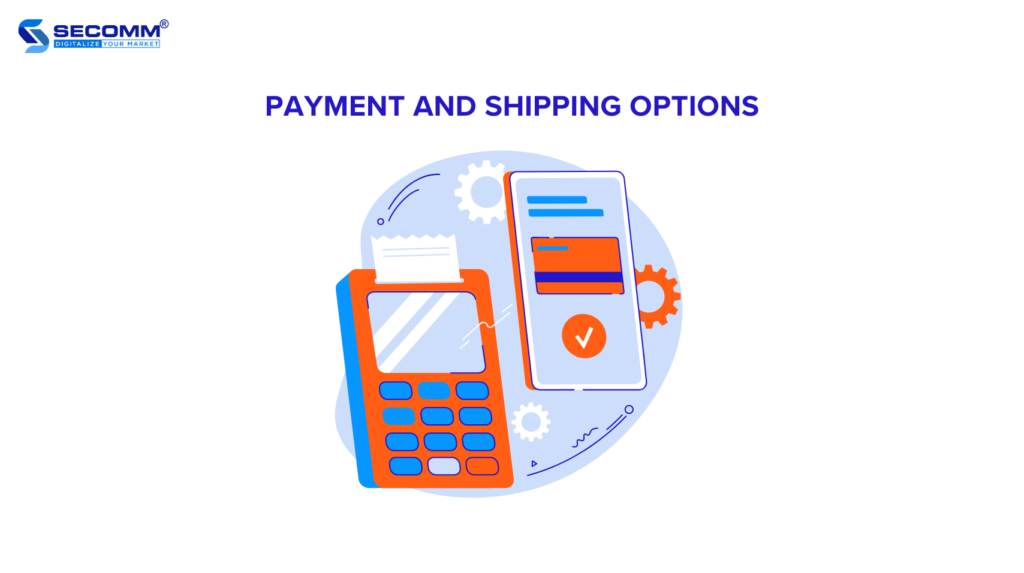
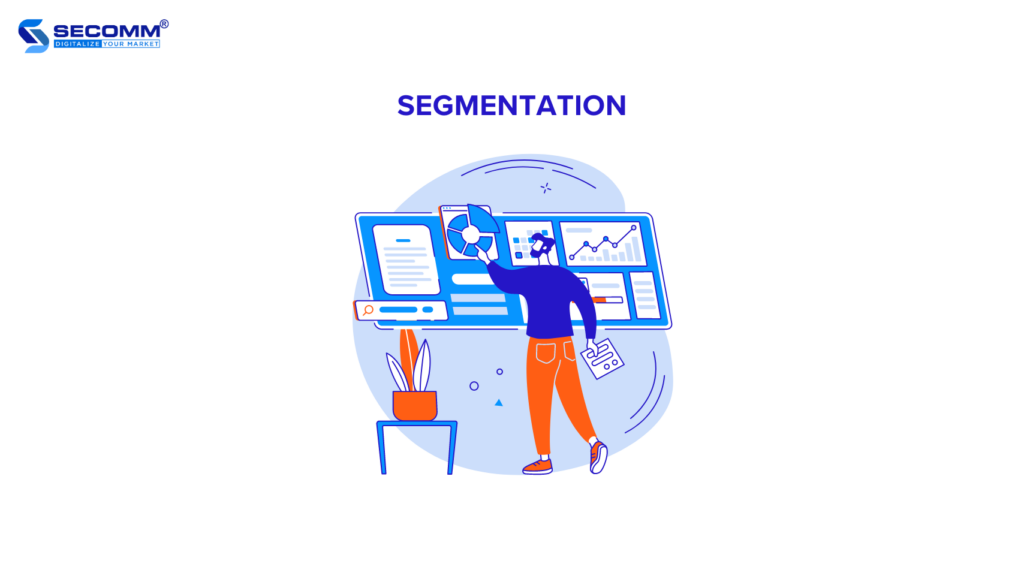
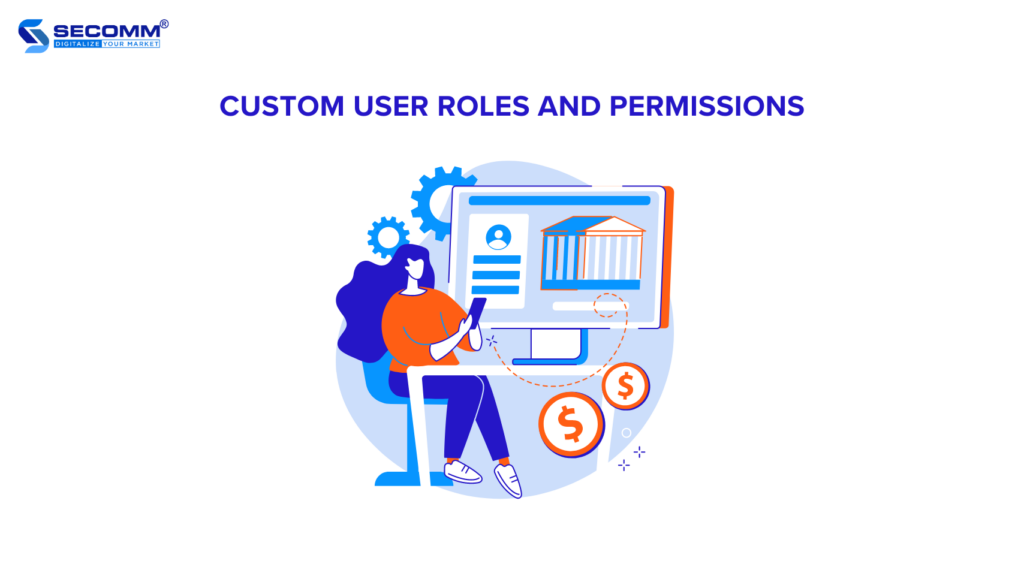
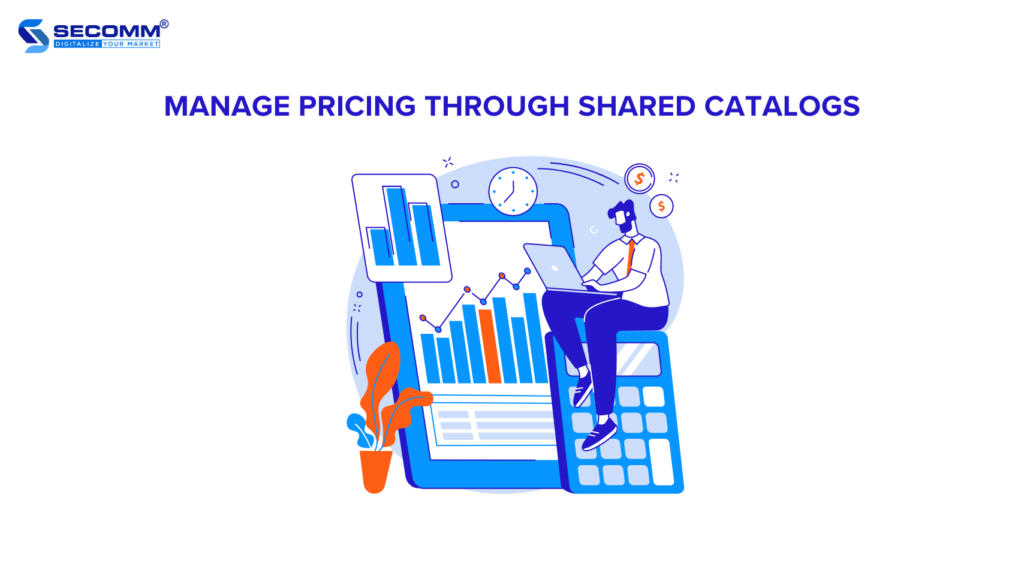
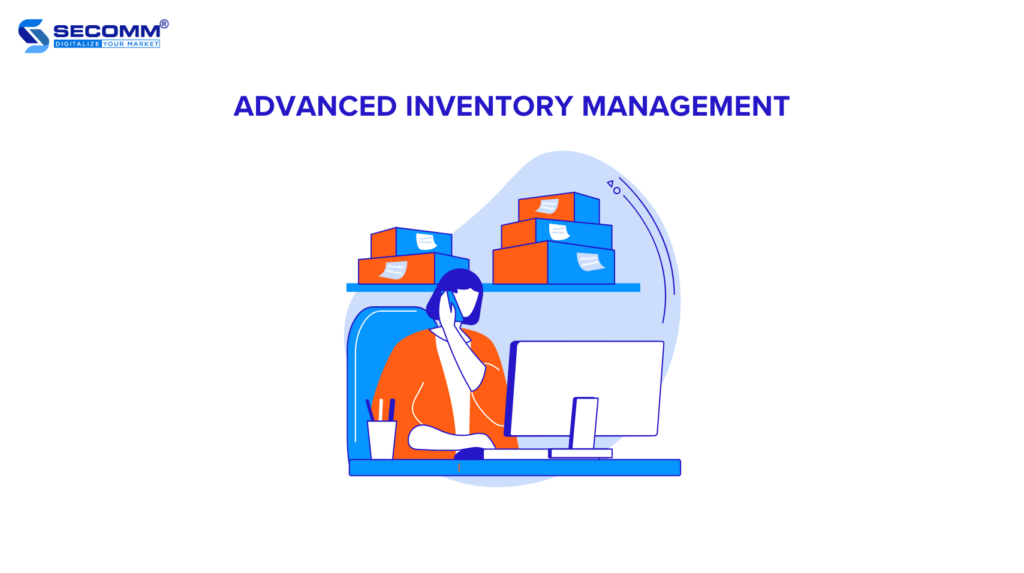
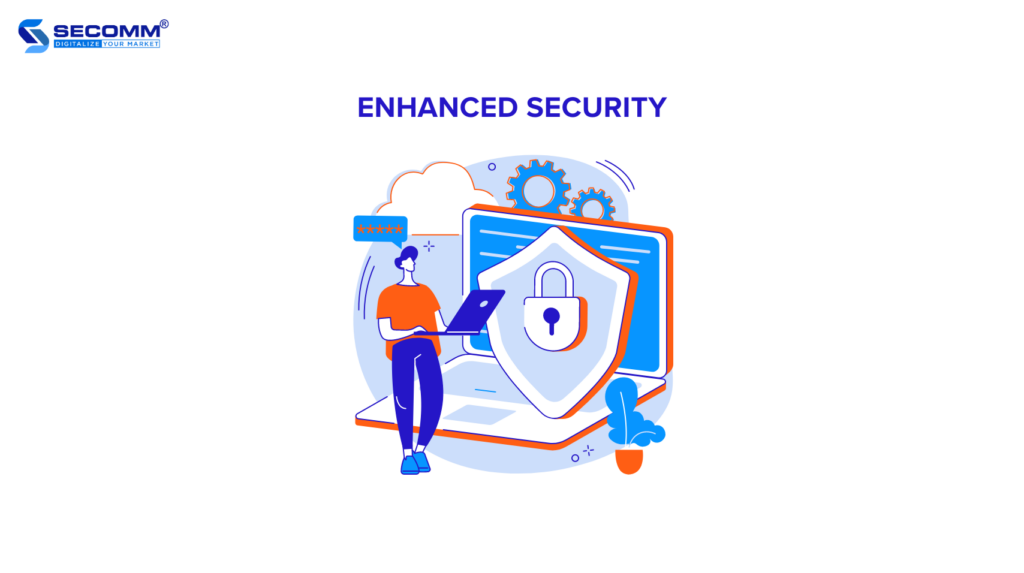
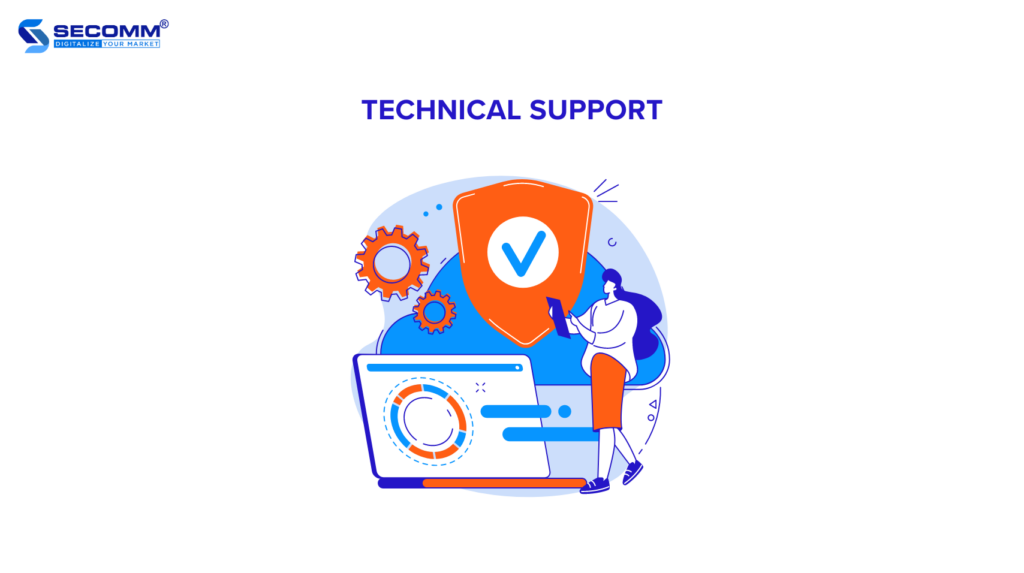
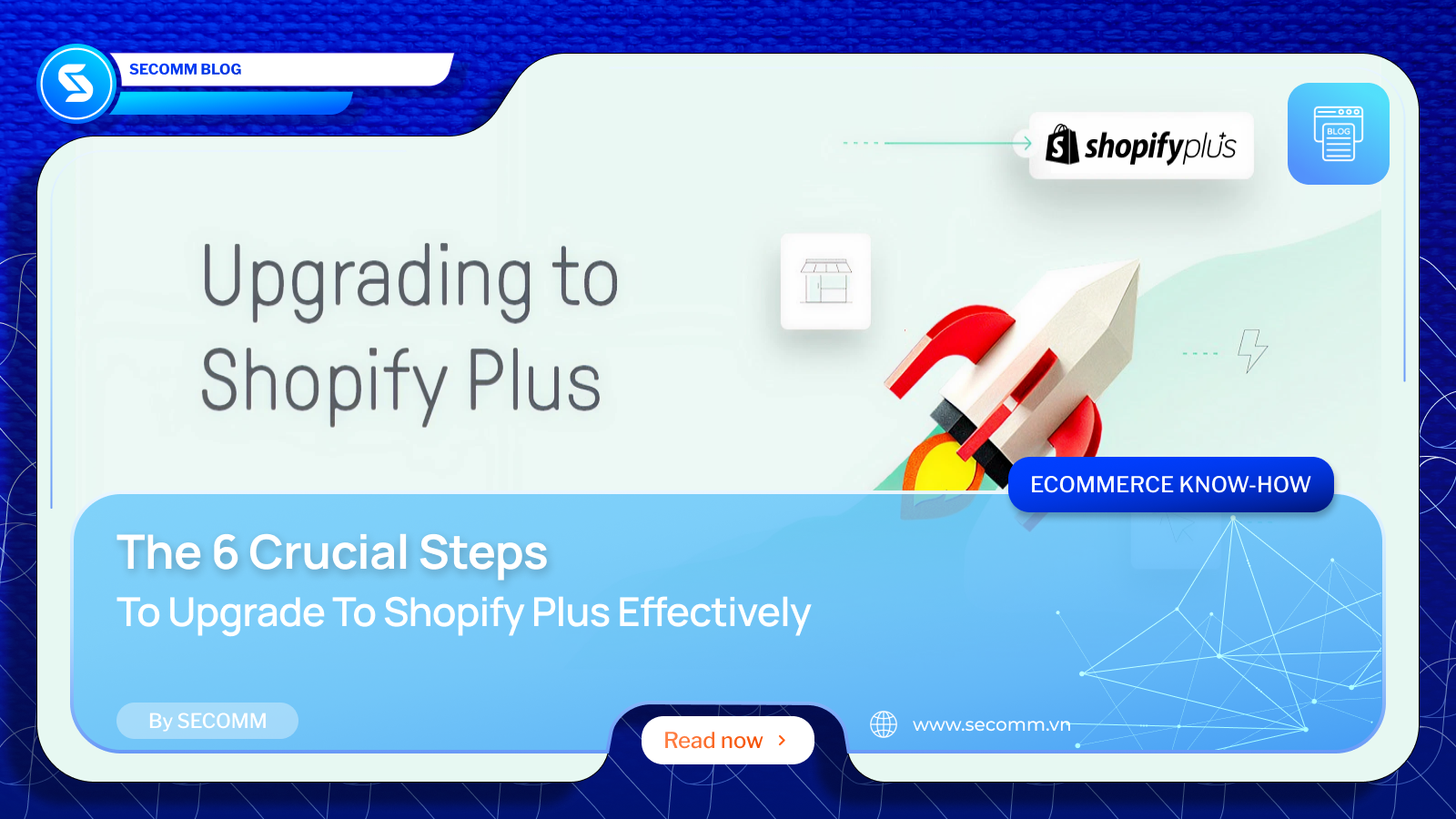
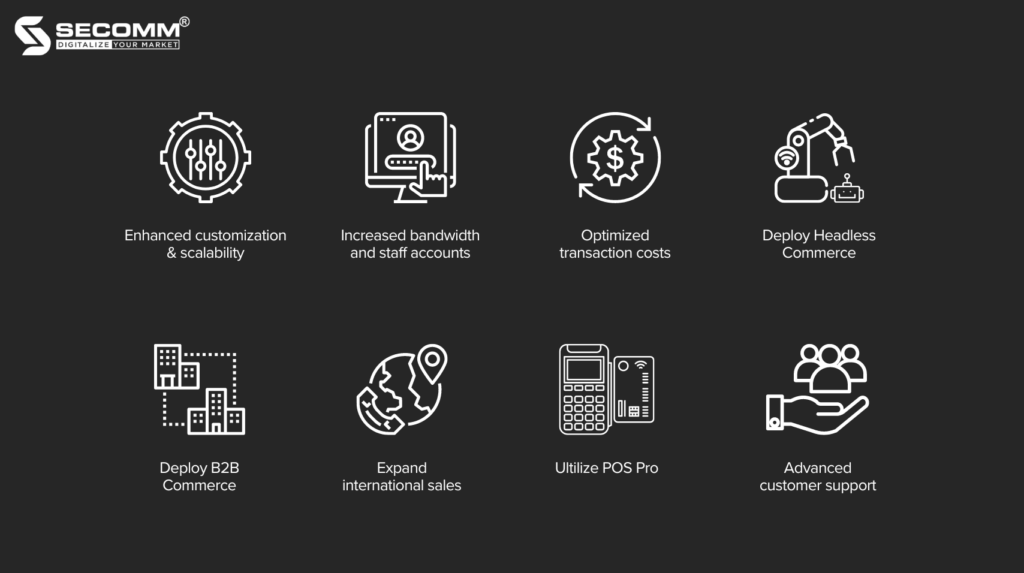
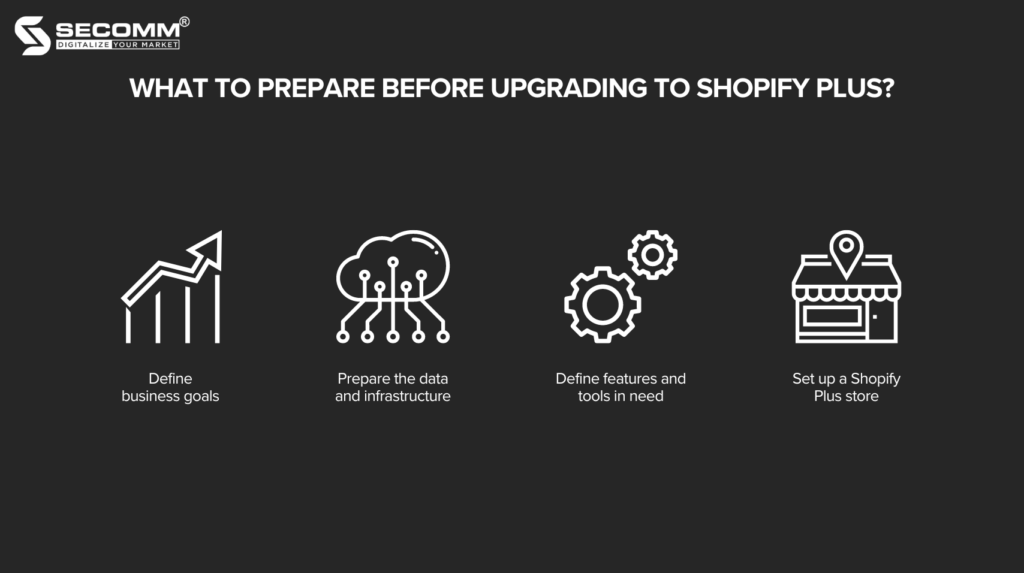
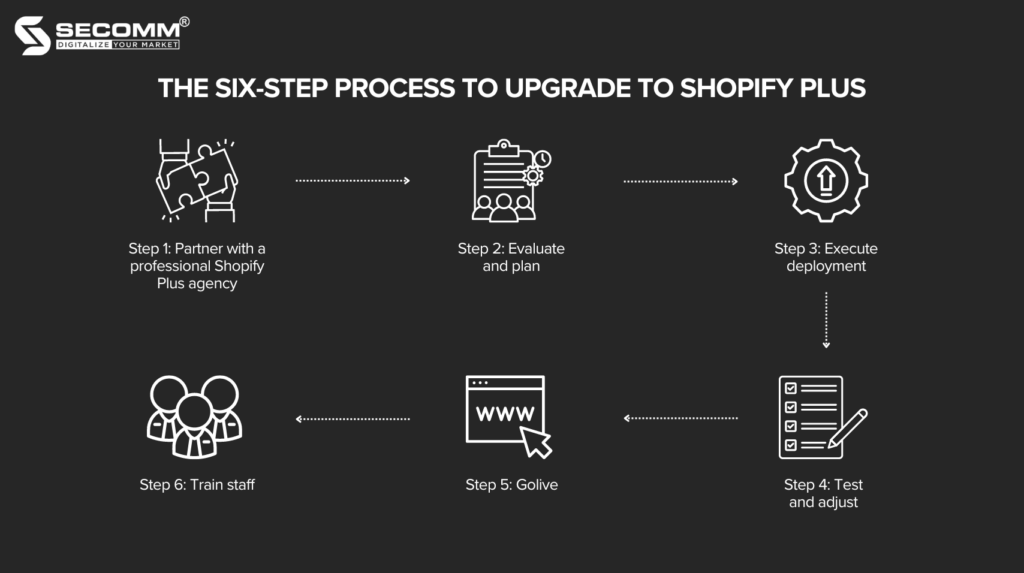

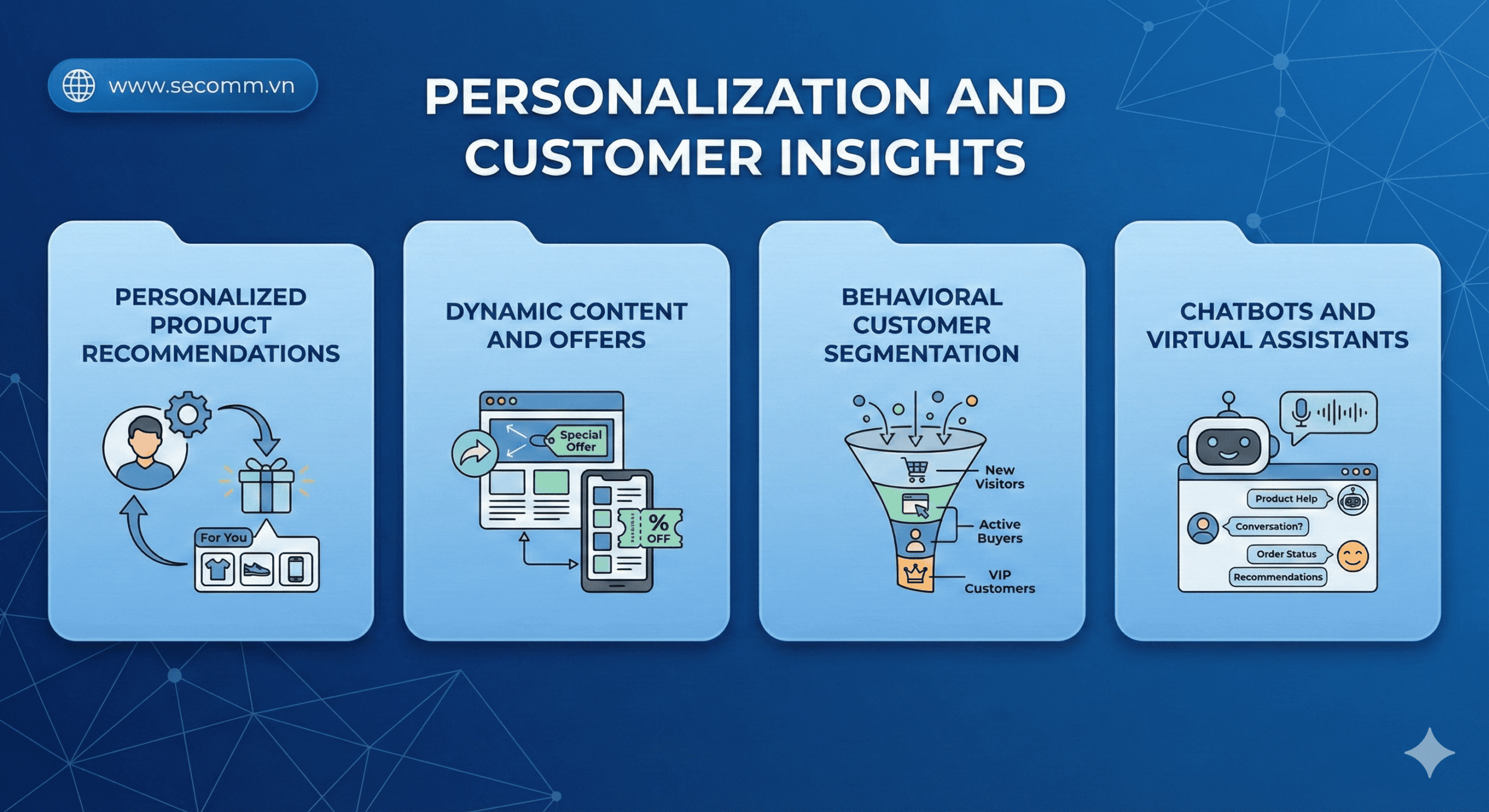
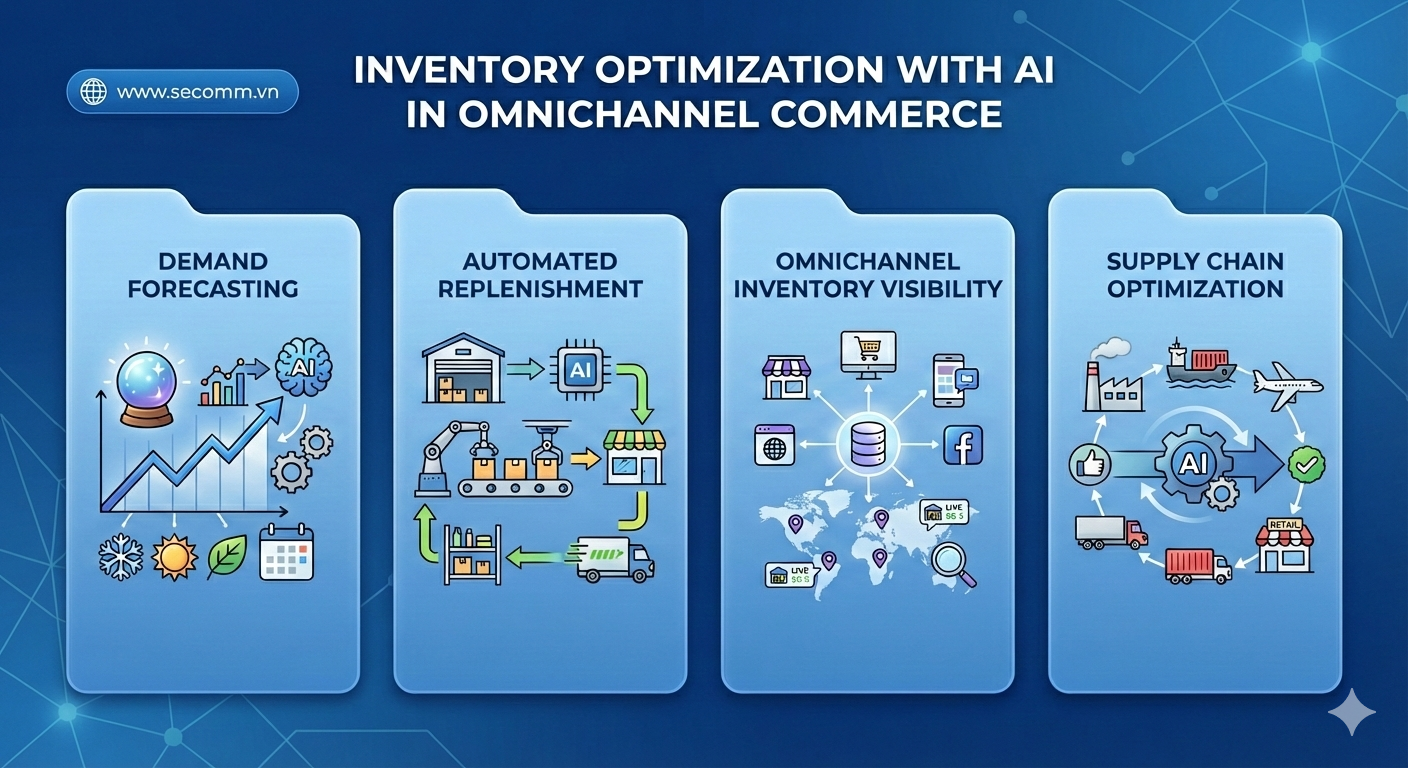
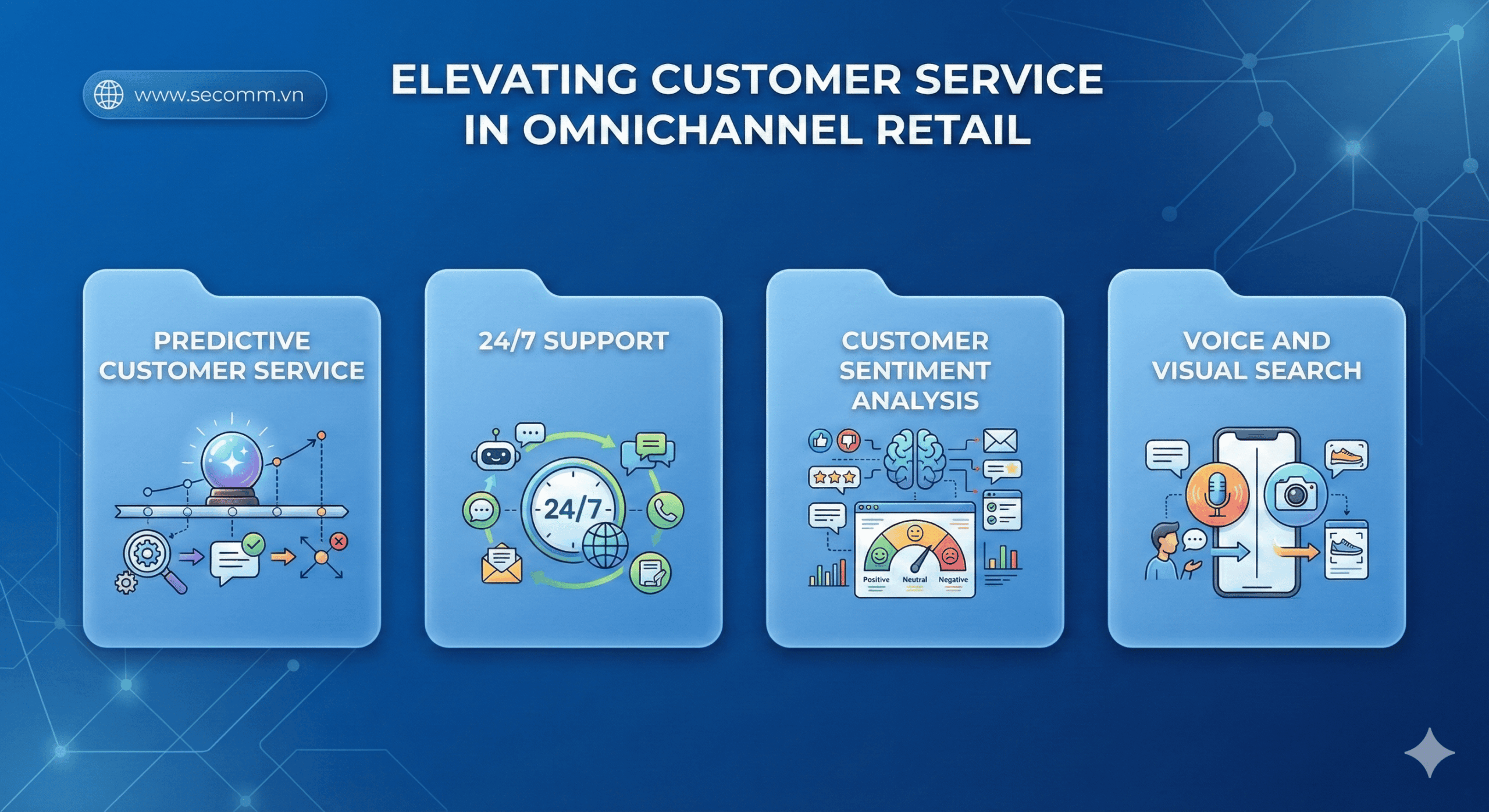
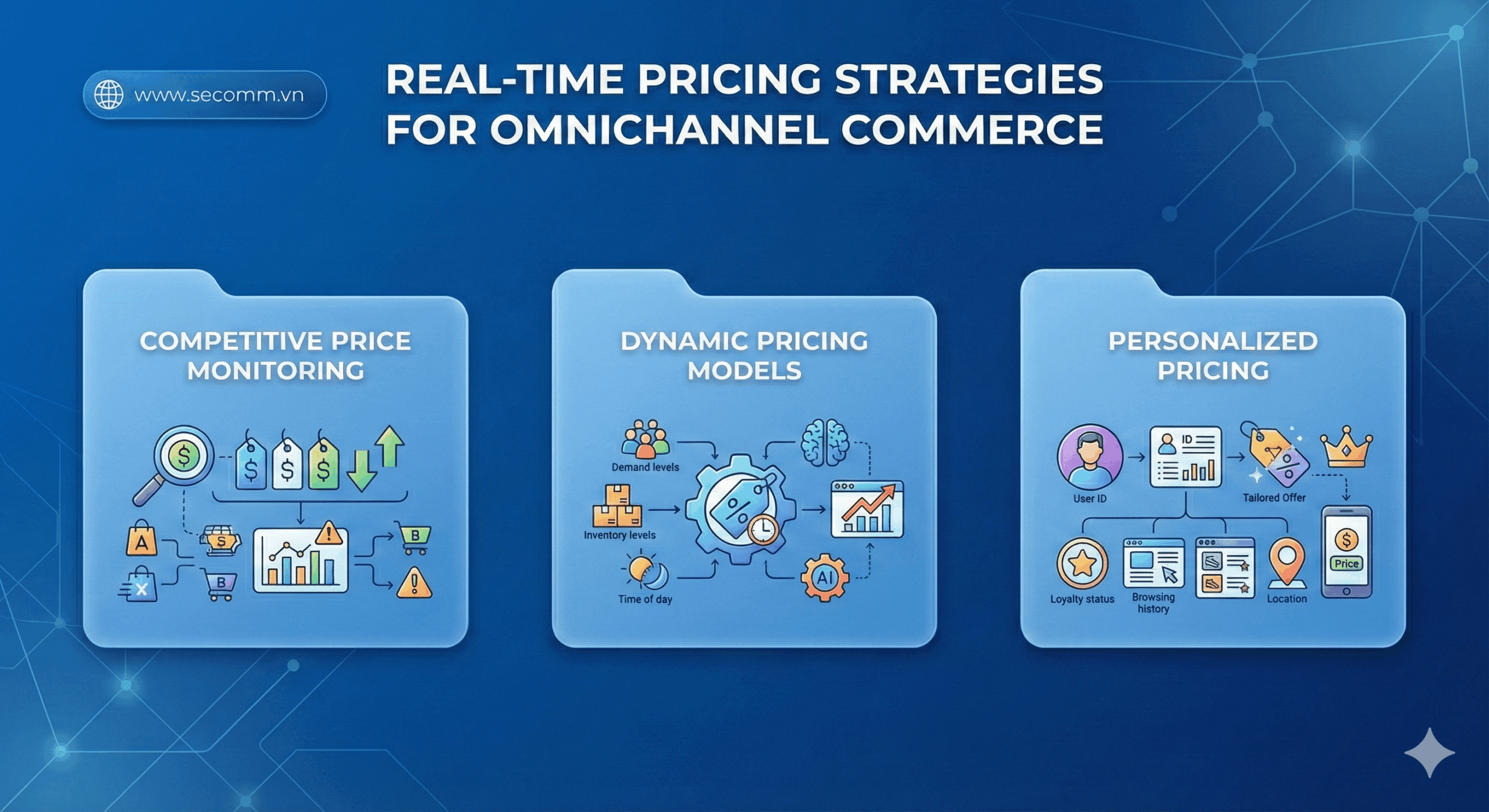
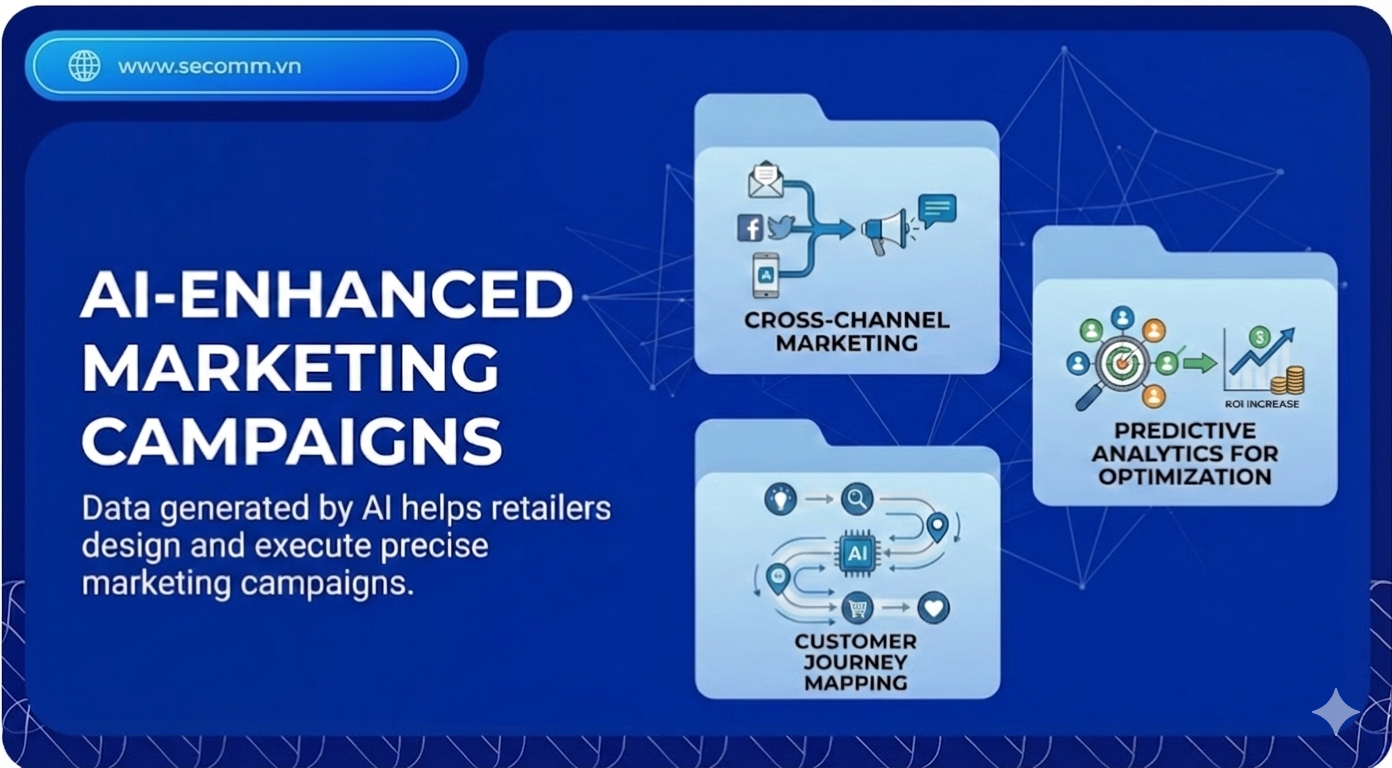
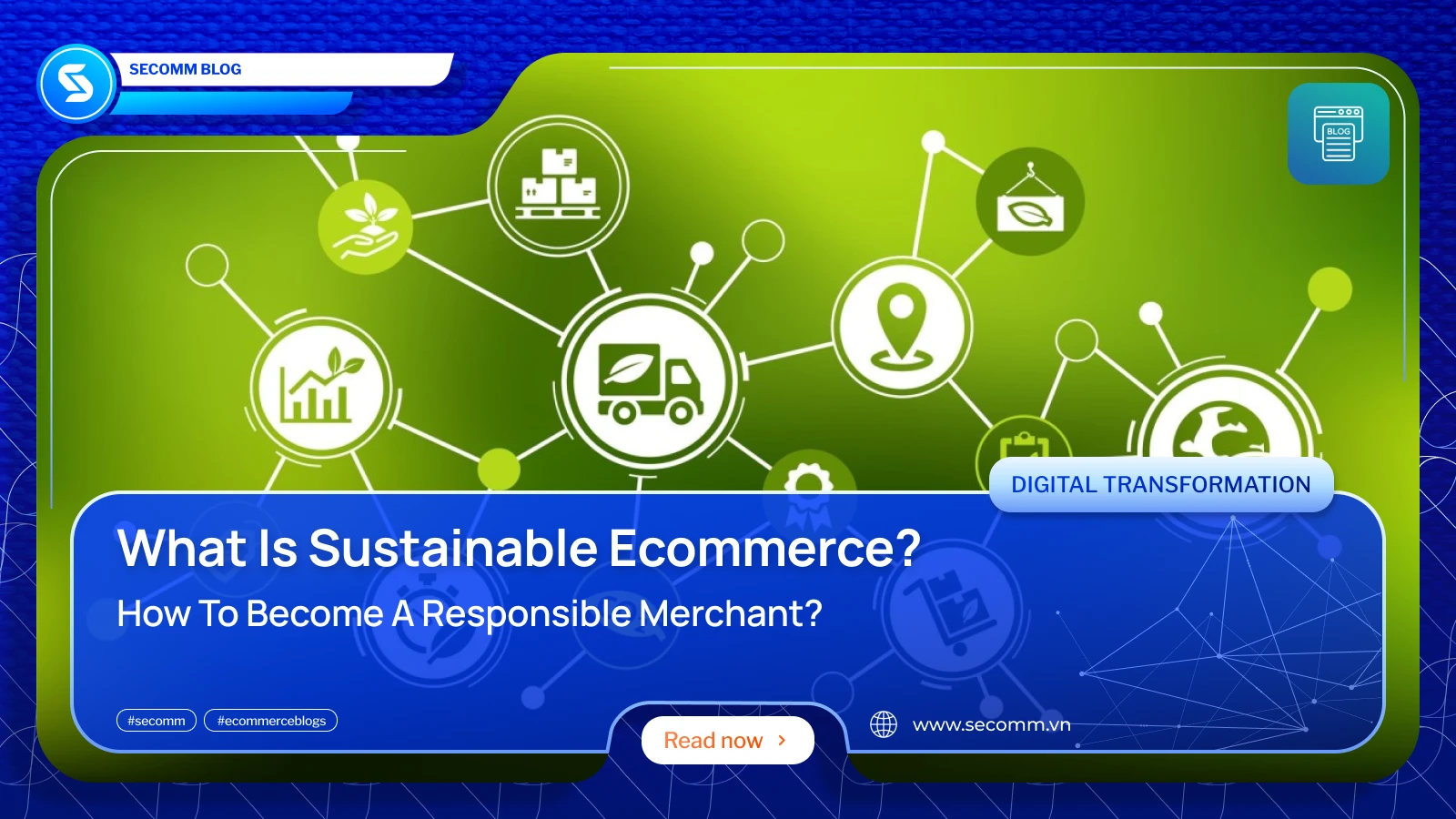
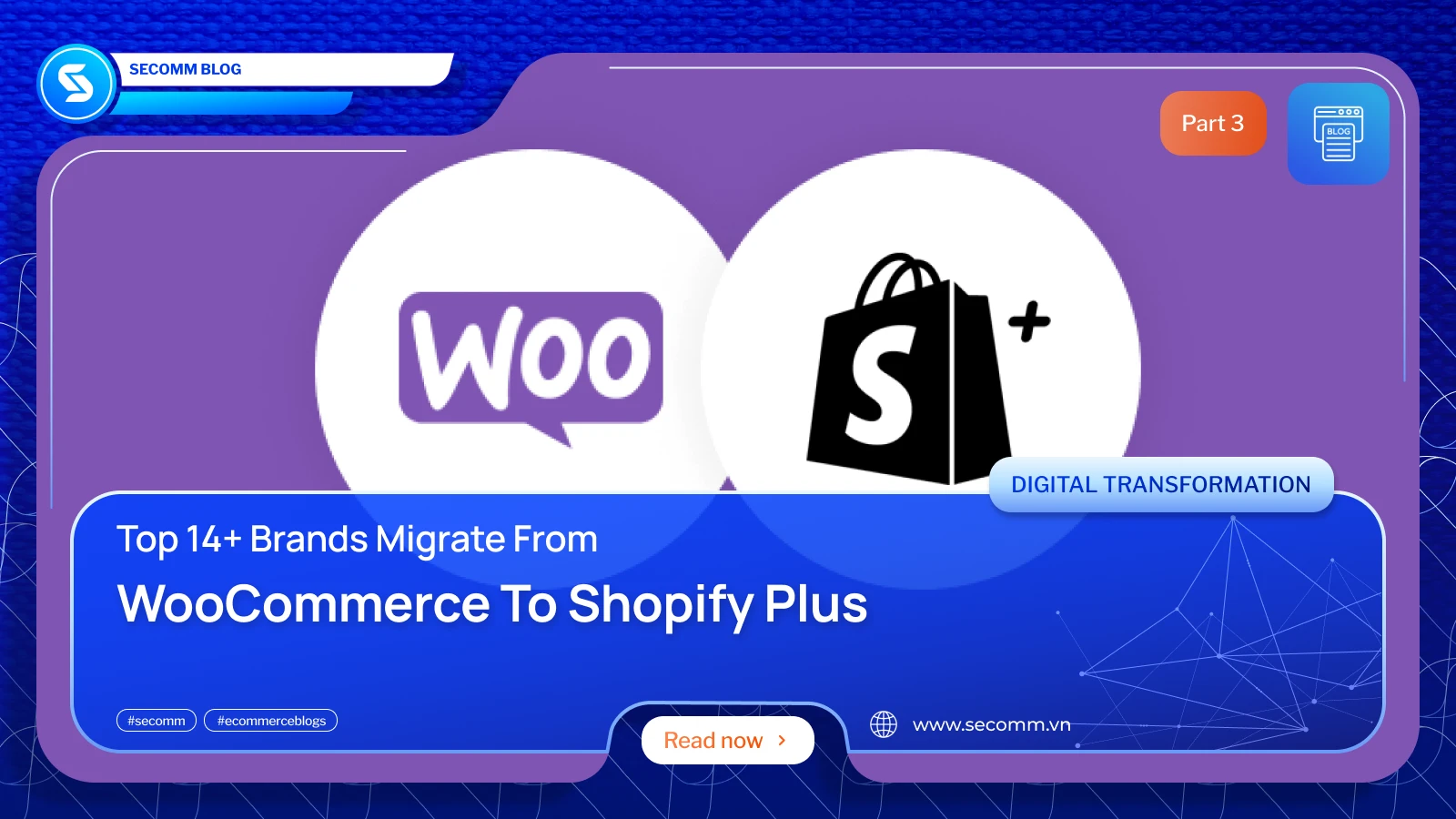
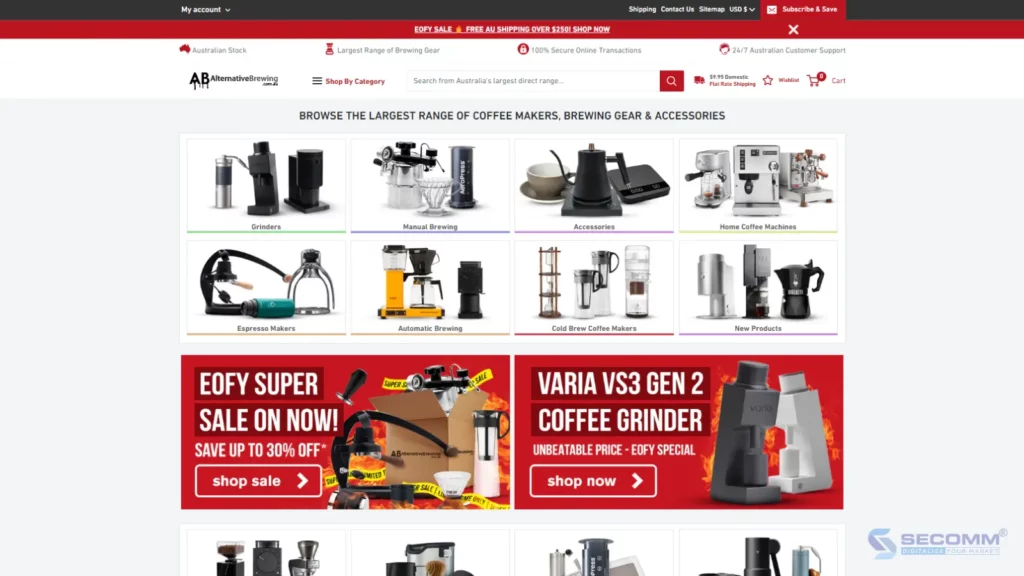



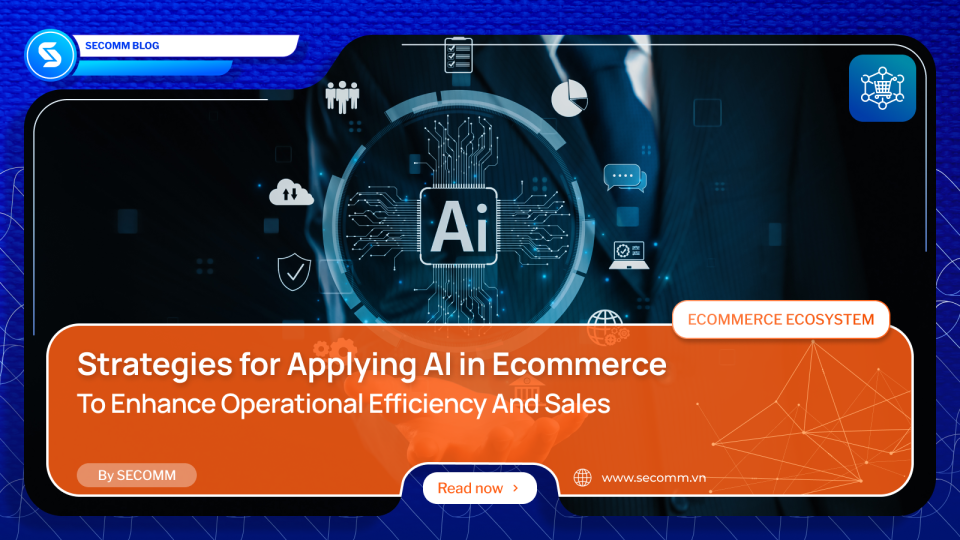

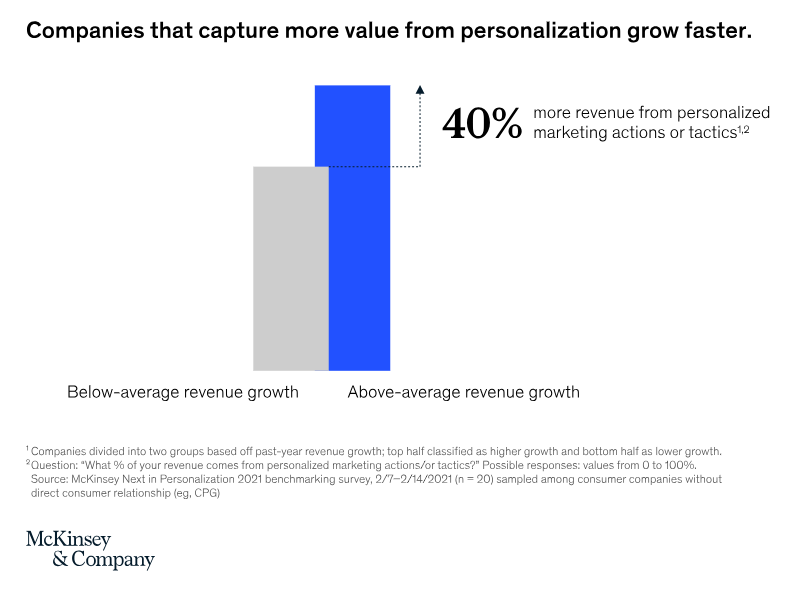
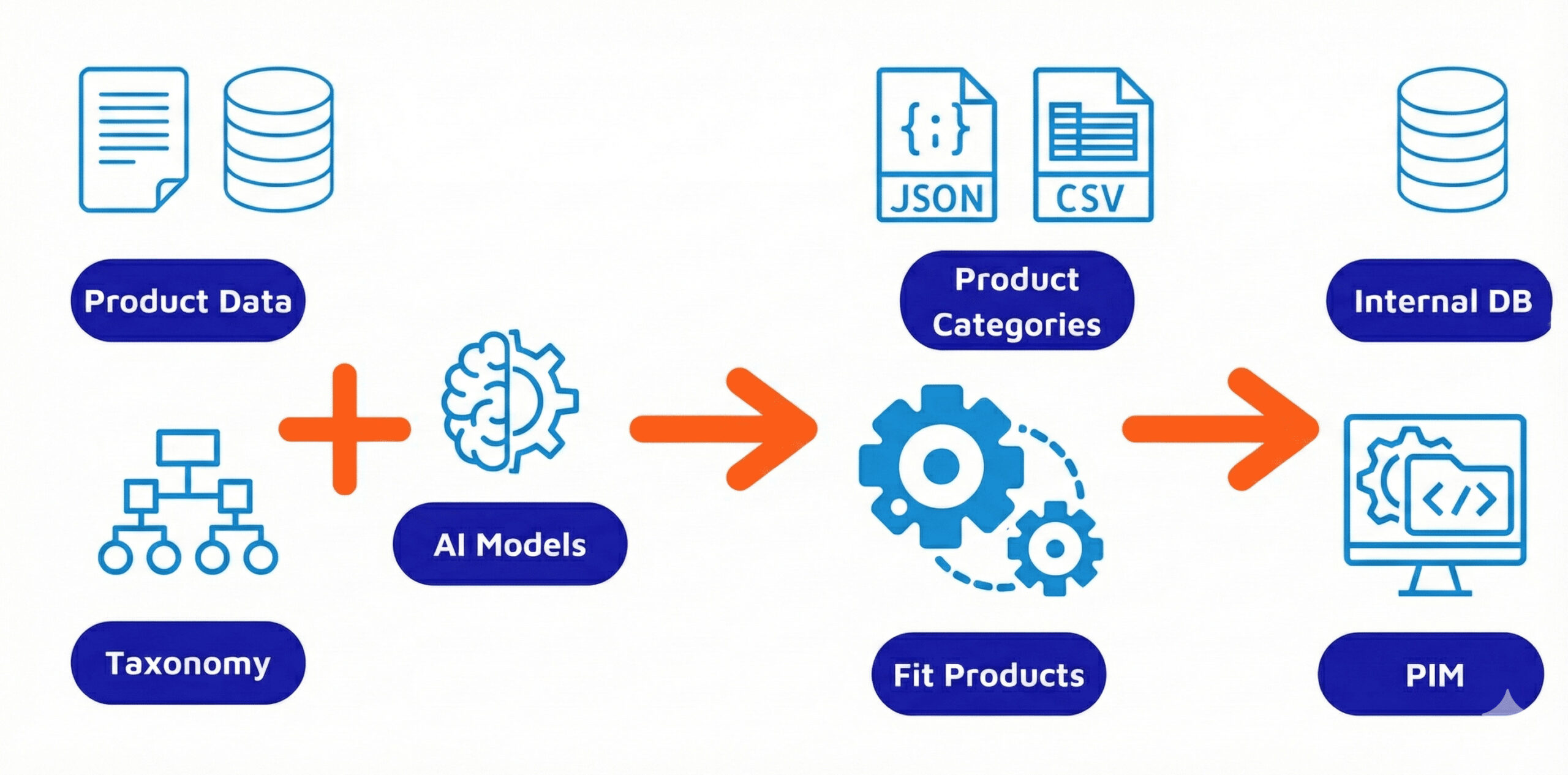

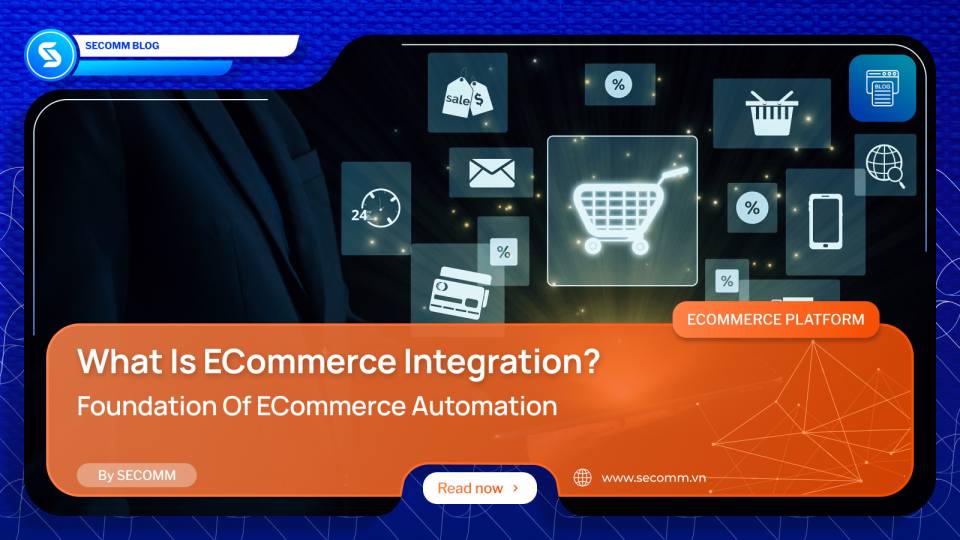
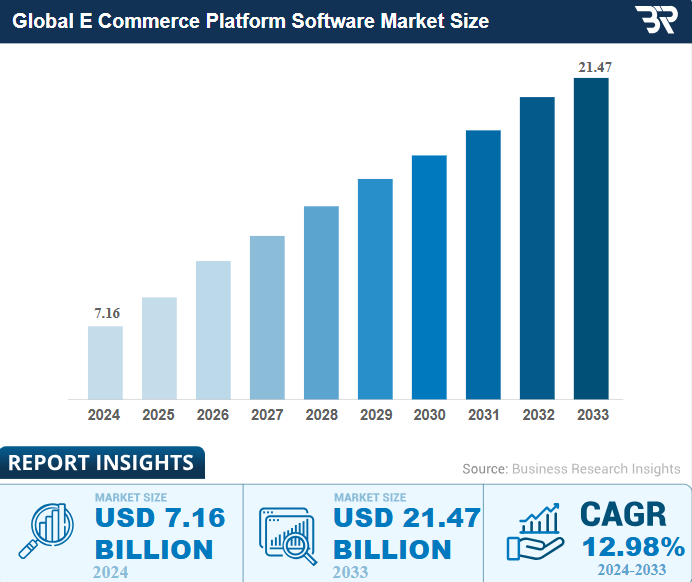

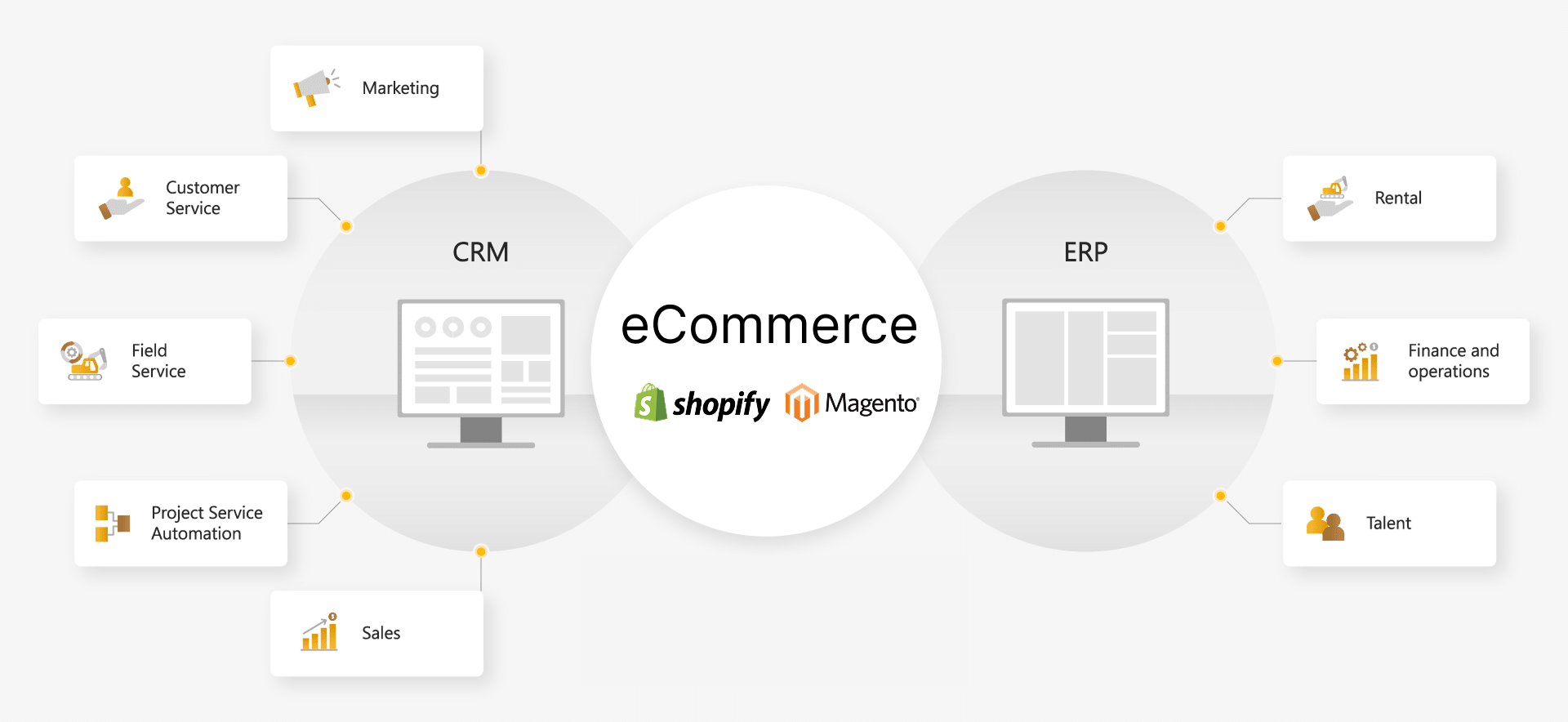
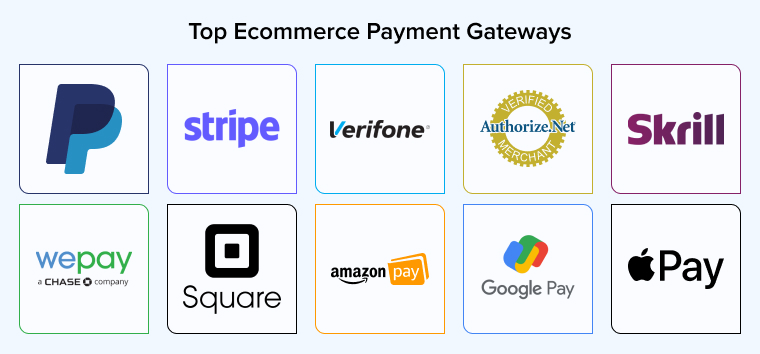
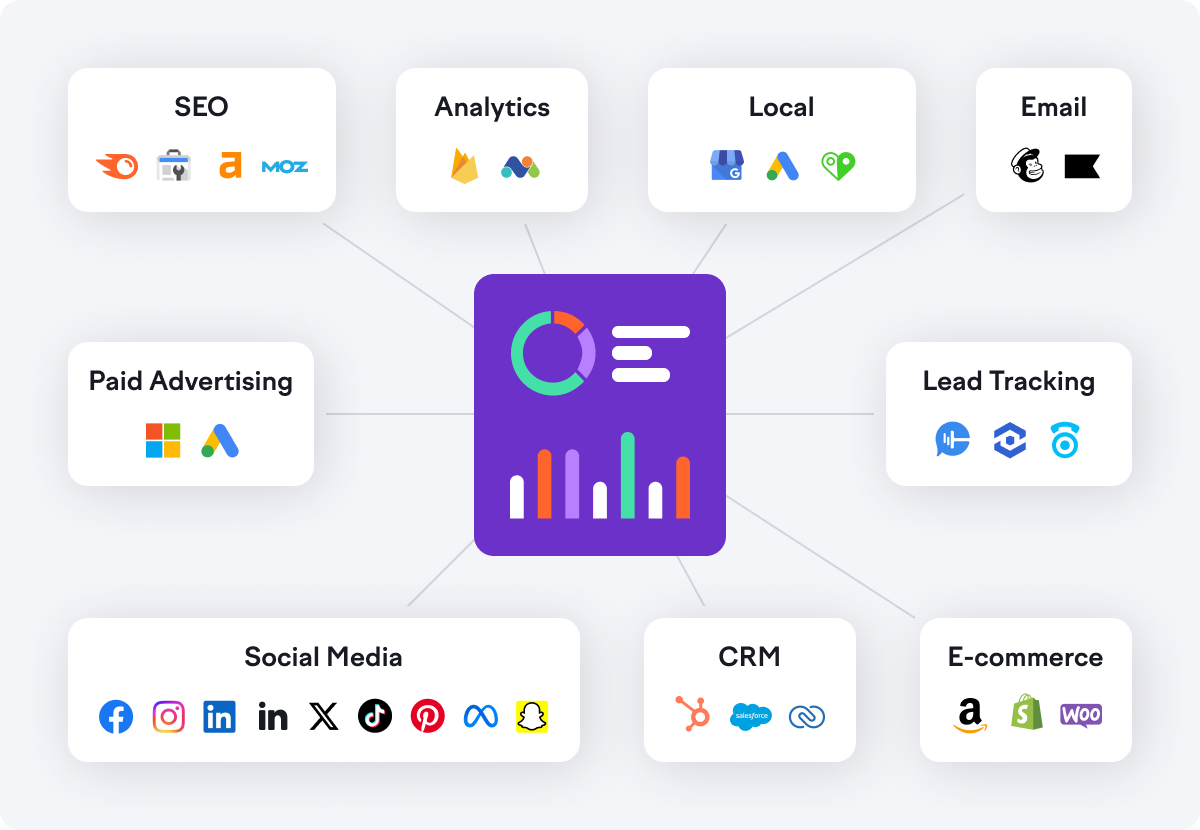





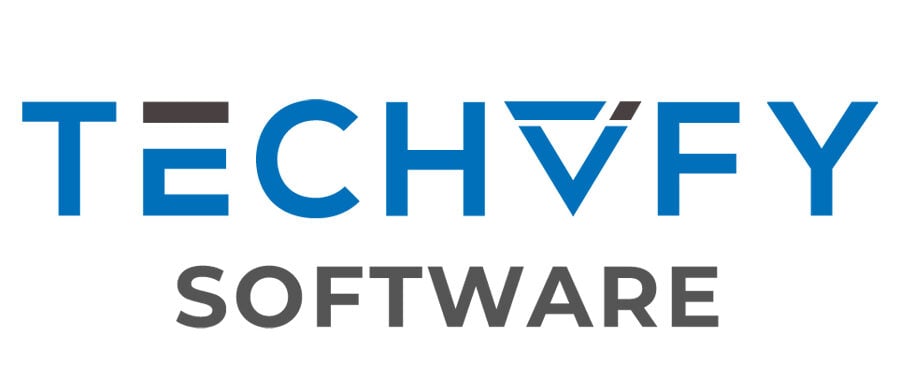



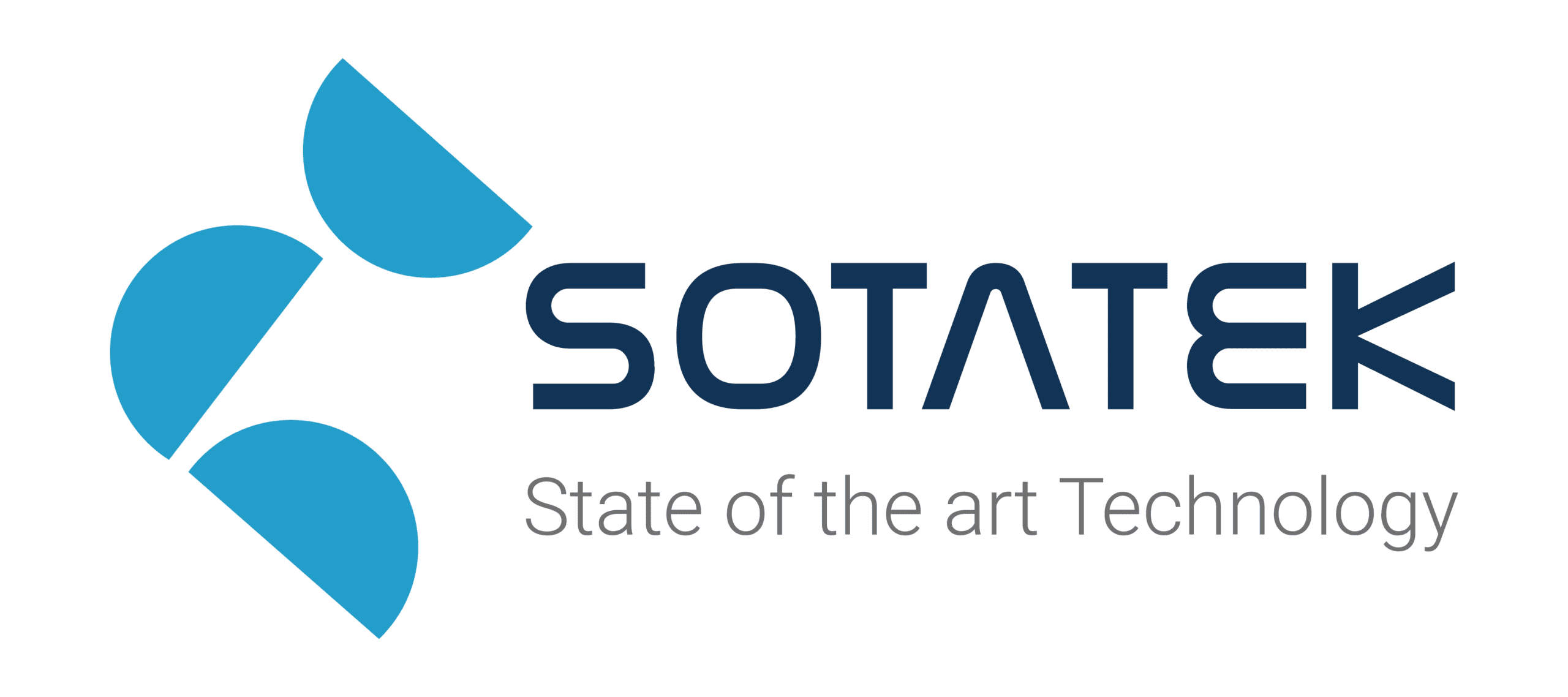










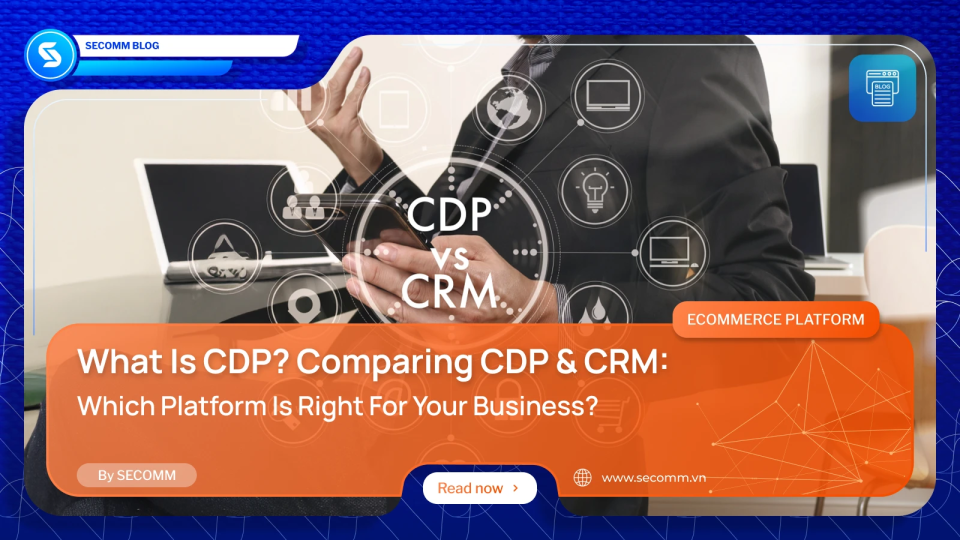
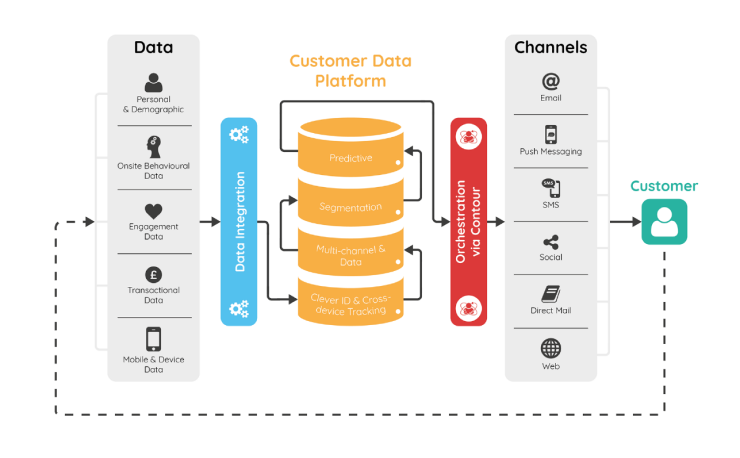
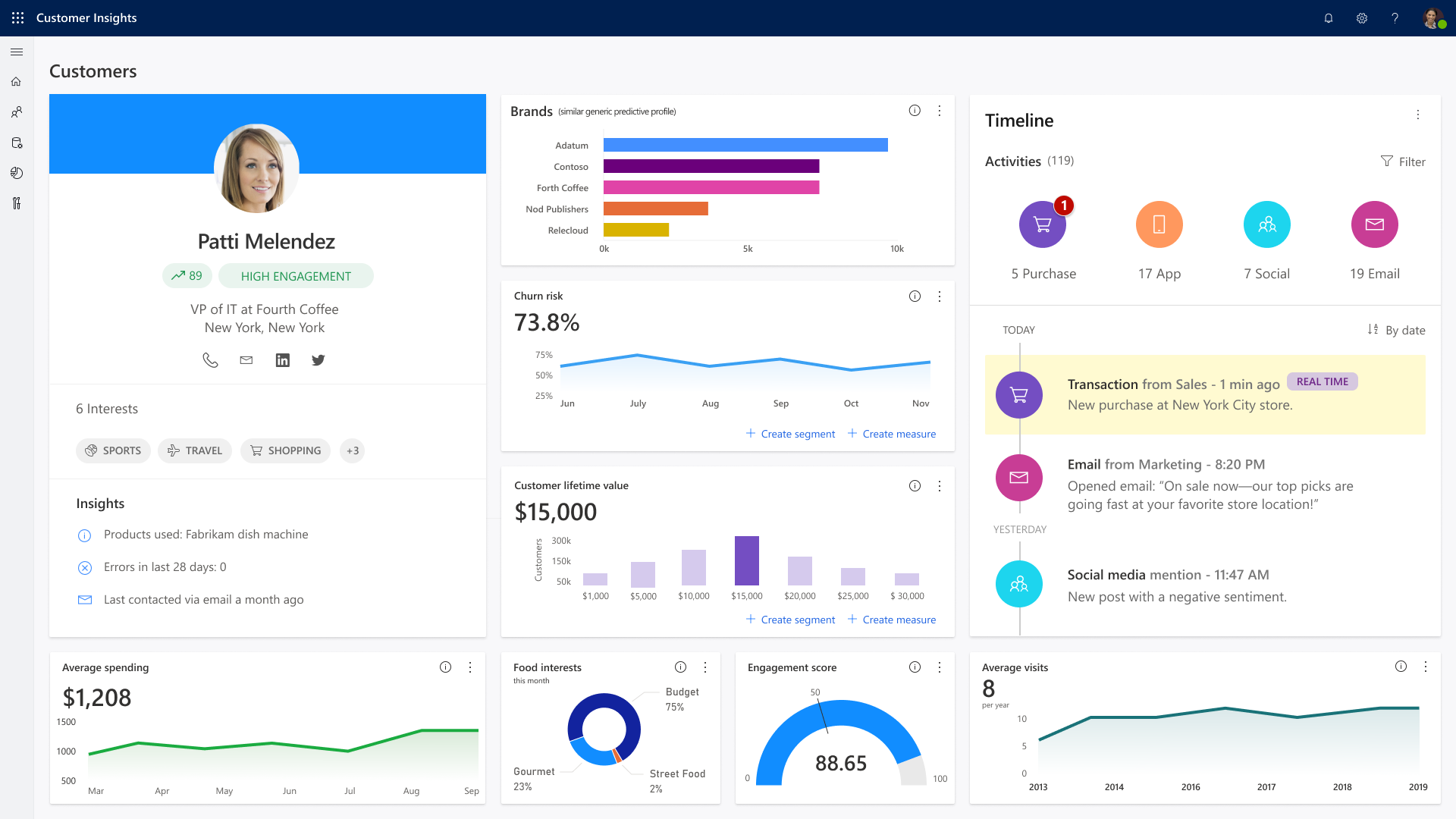




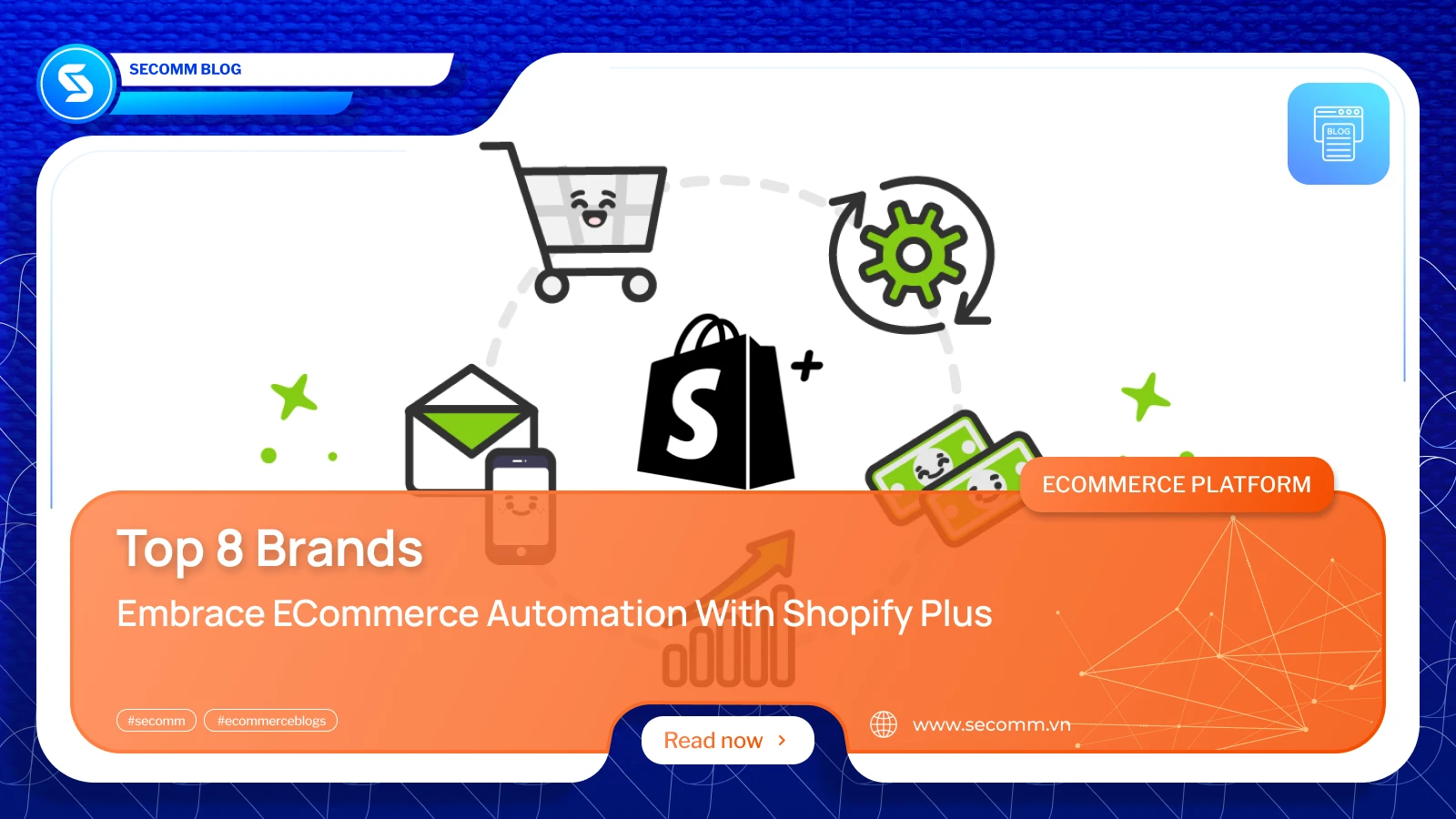





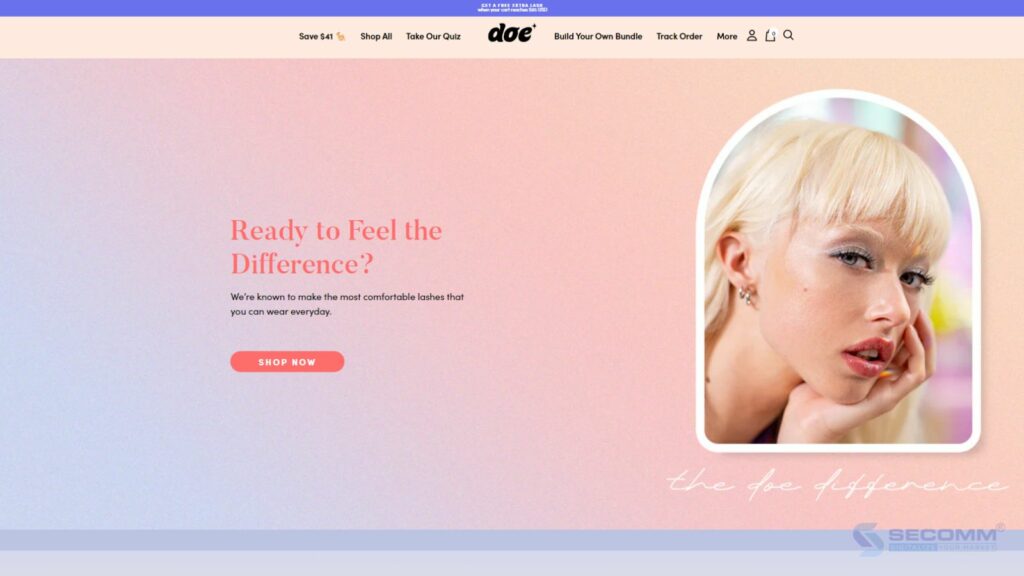




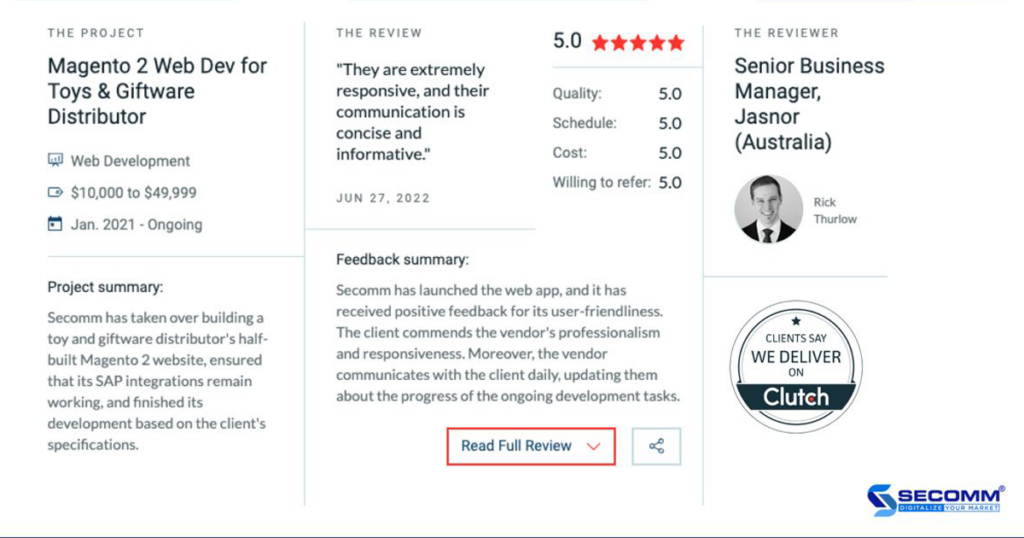
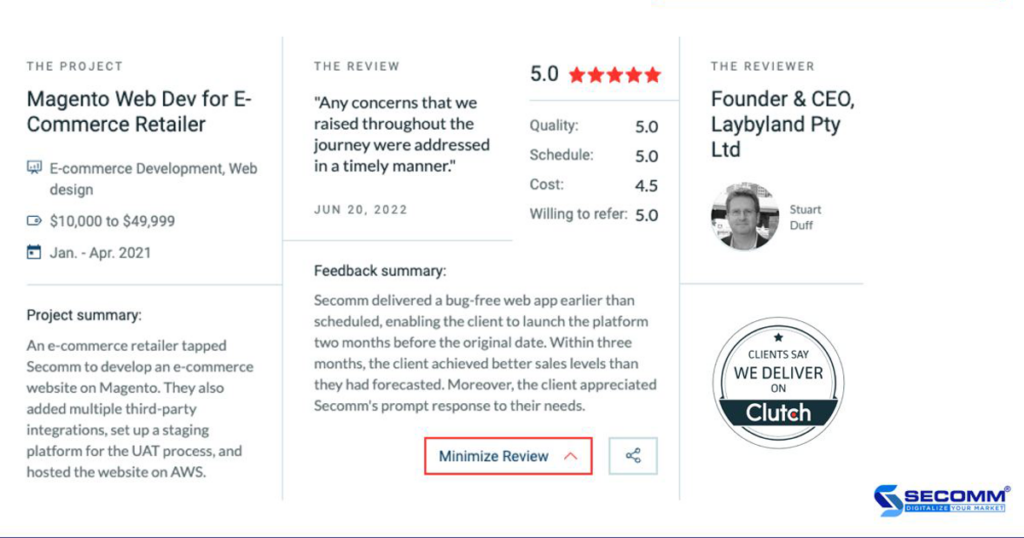

















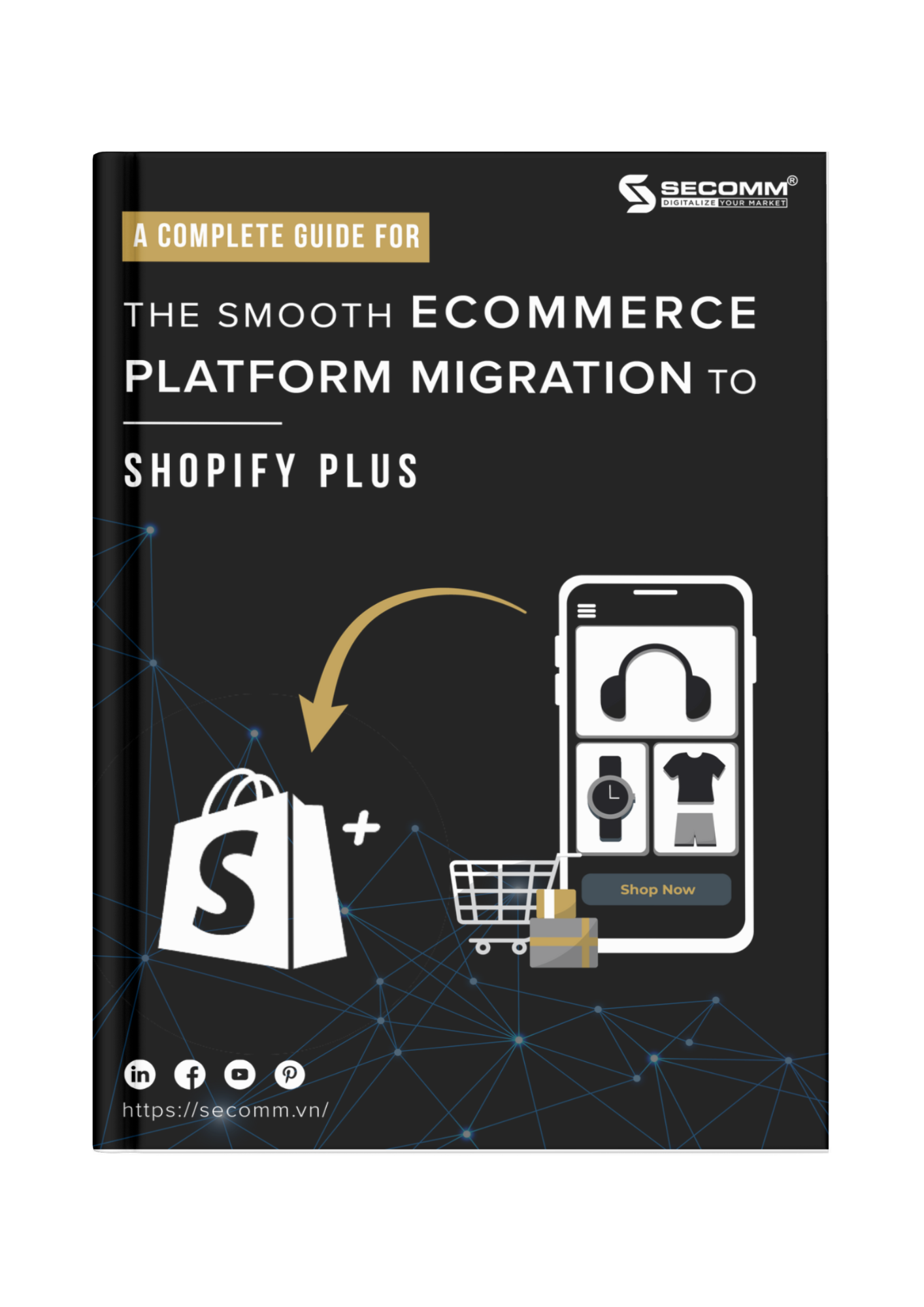



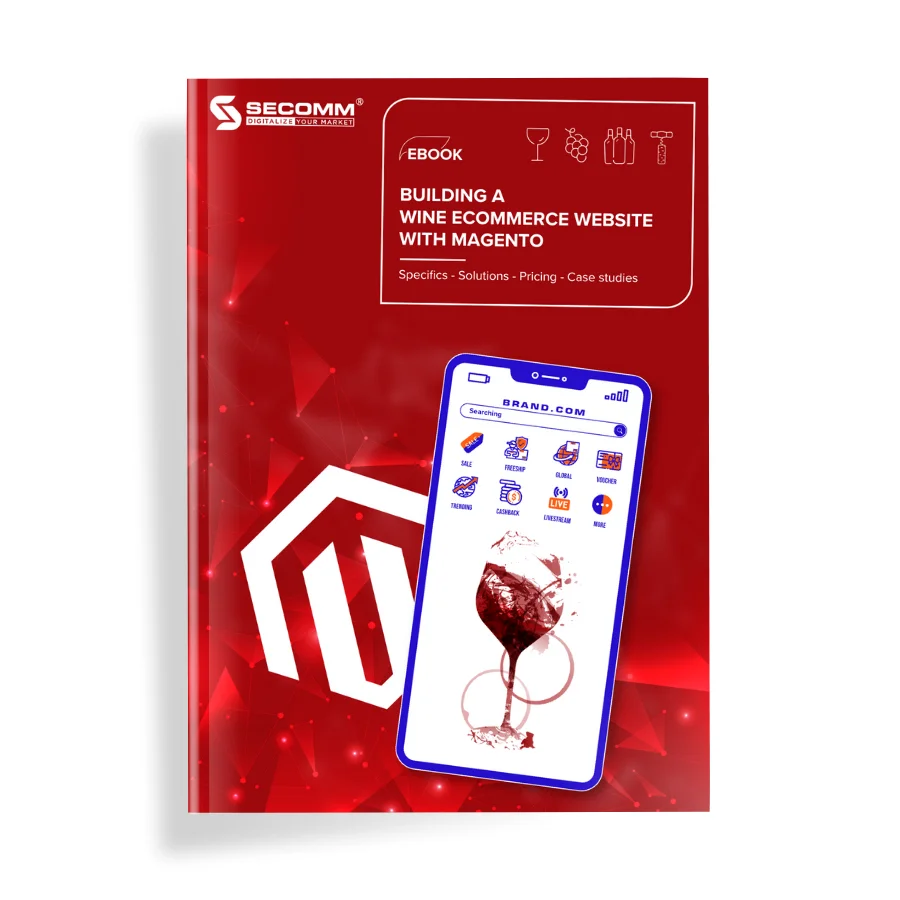
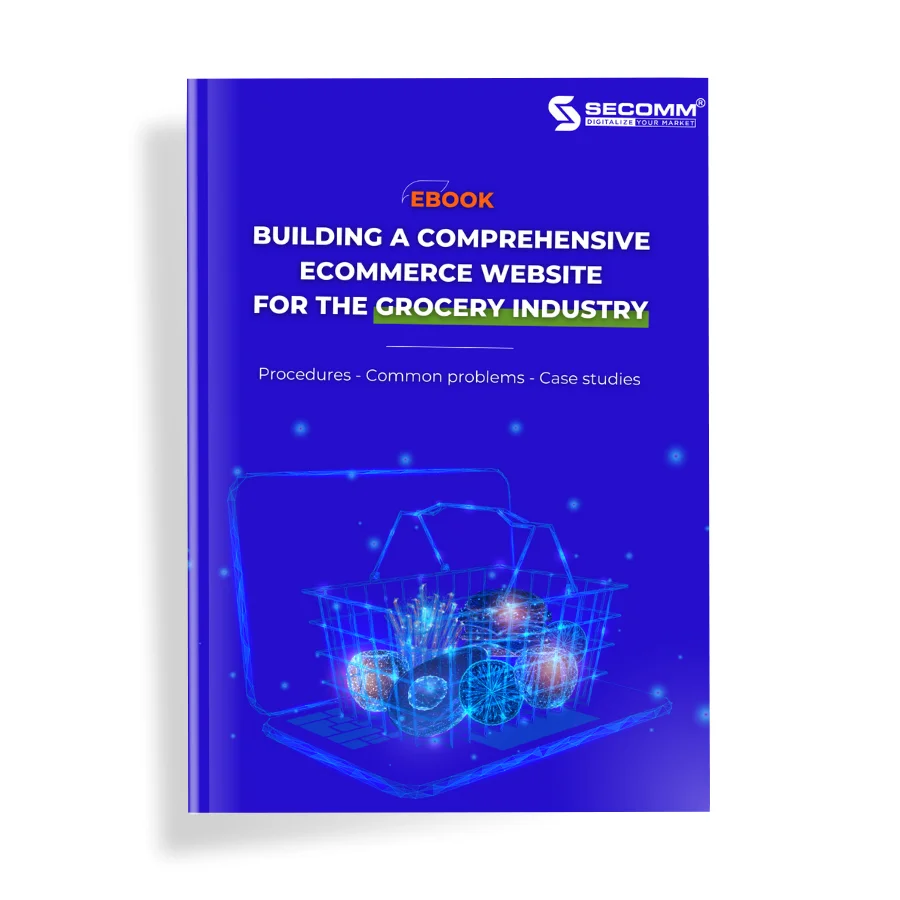
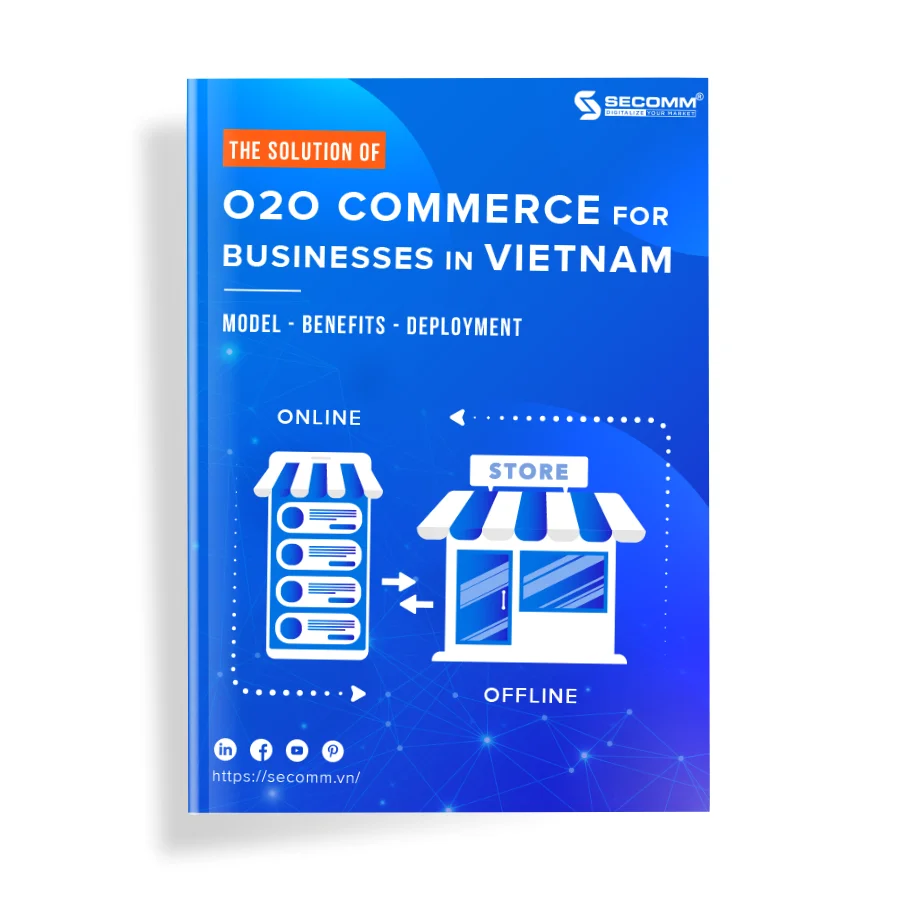
Comment (0)